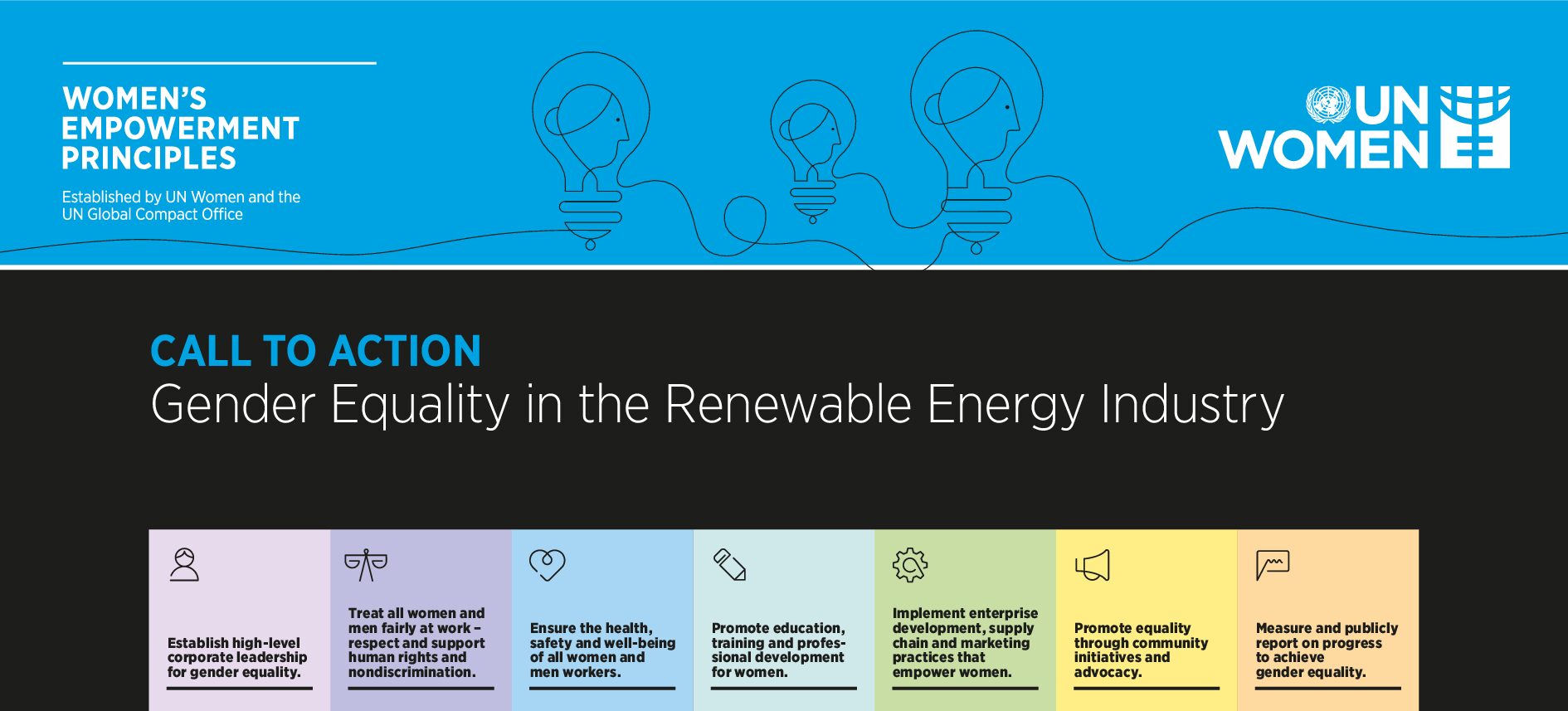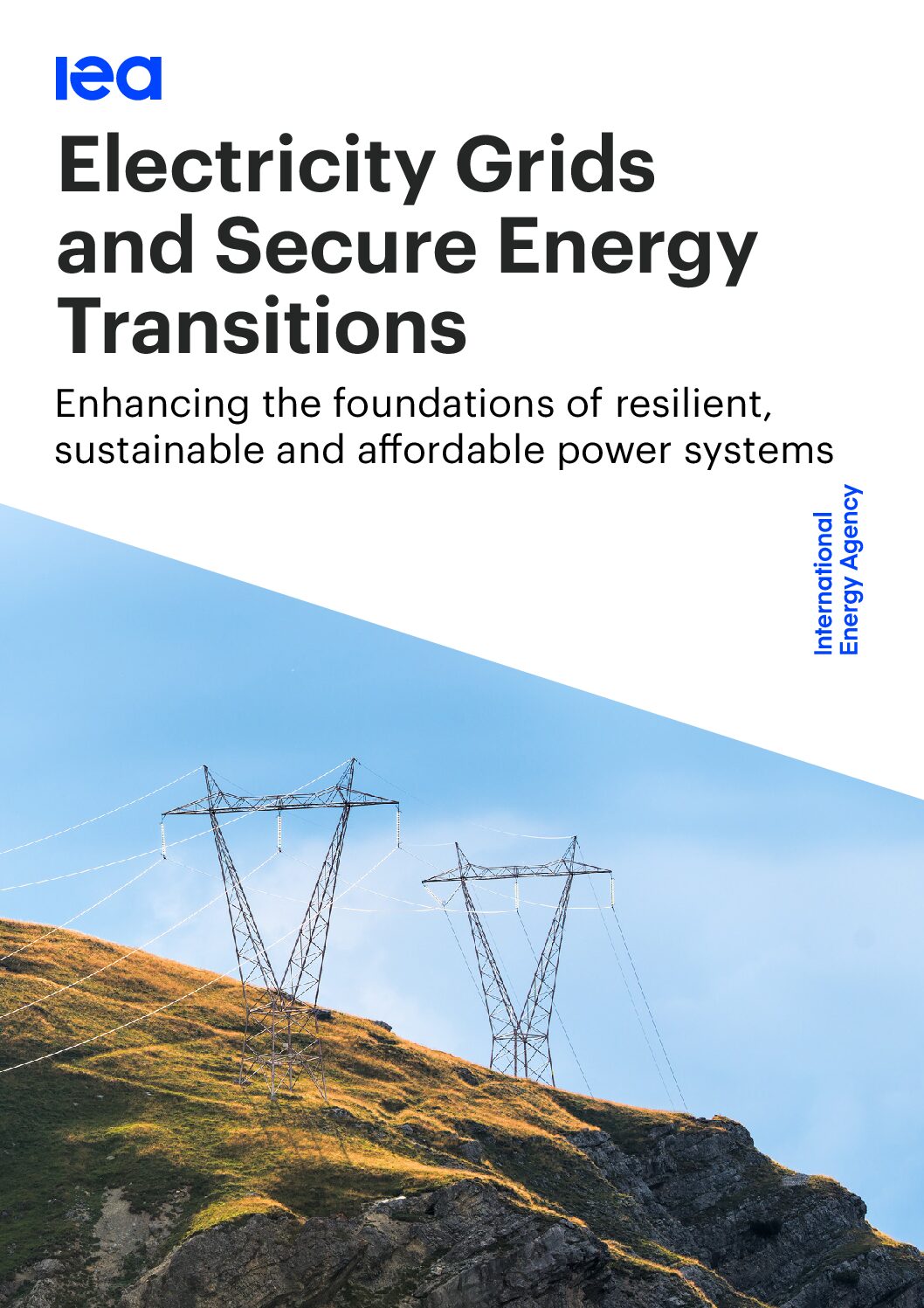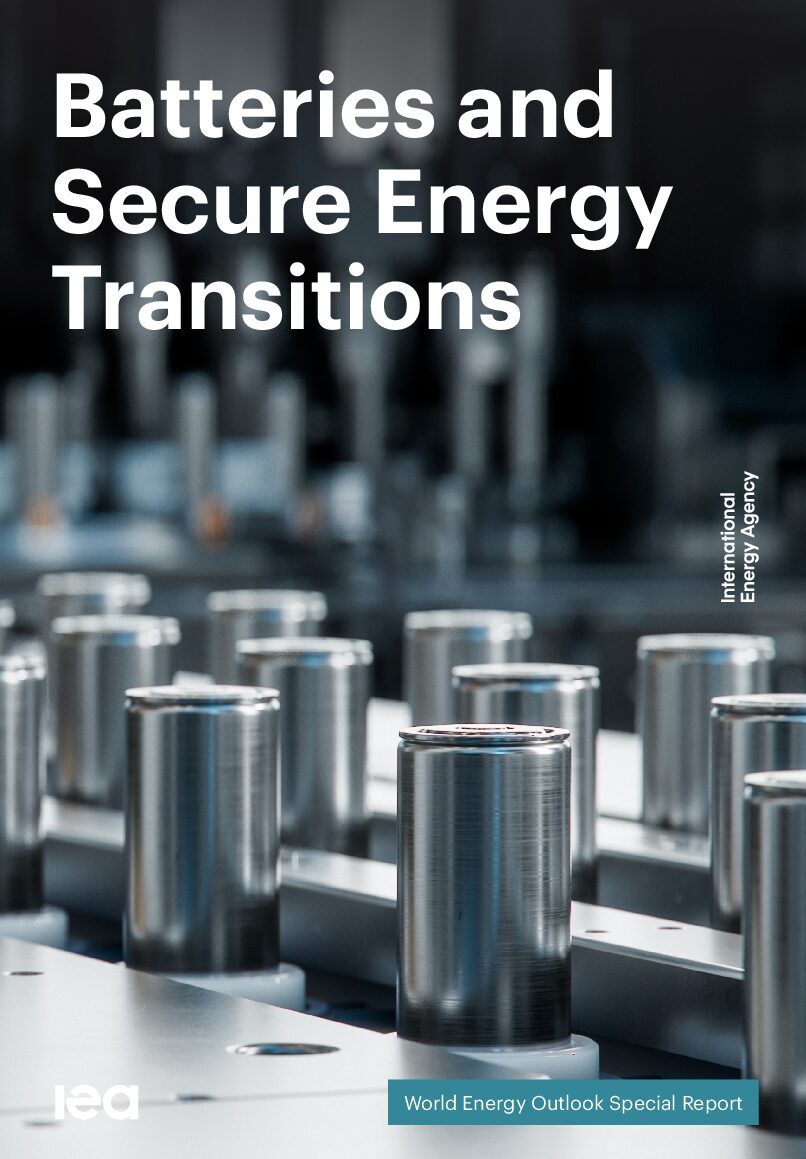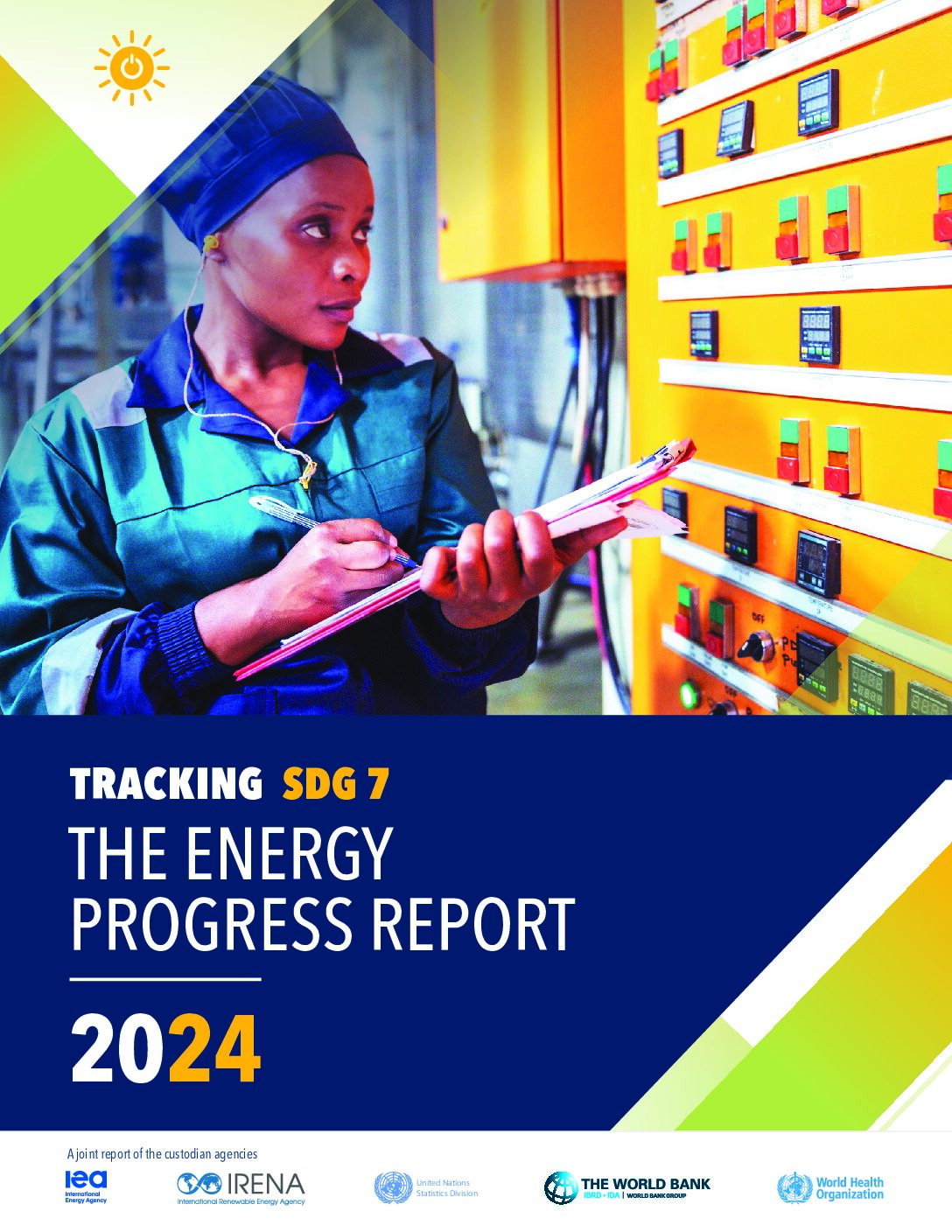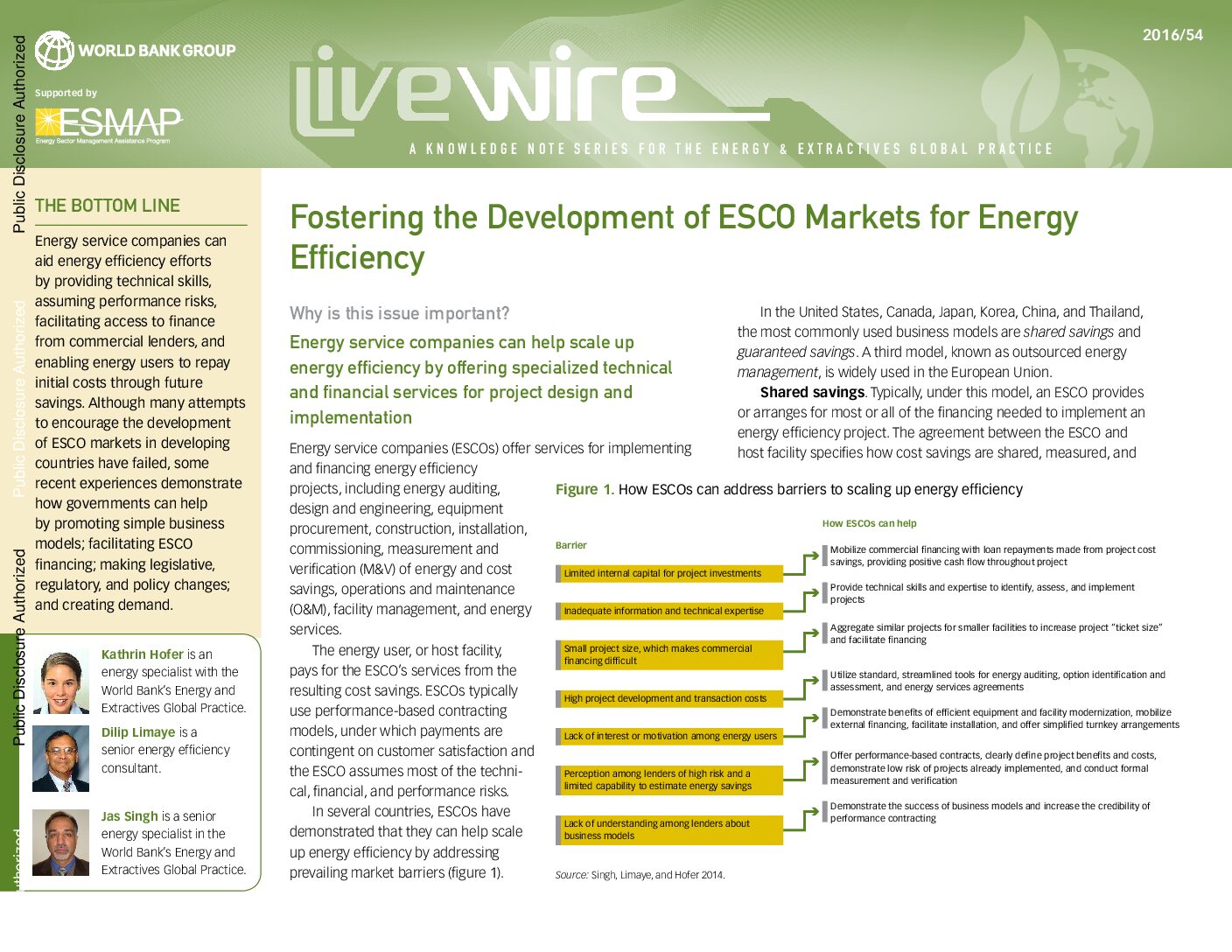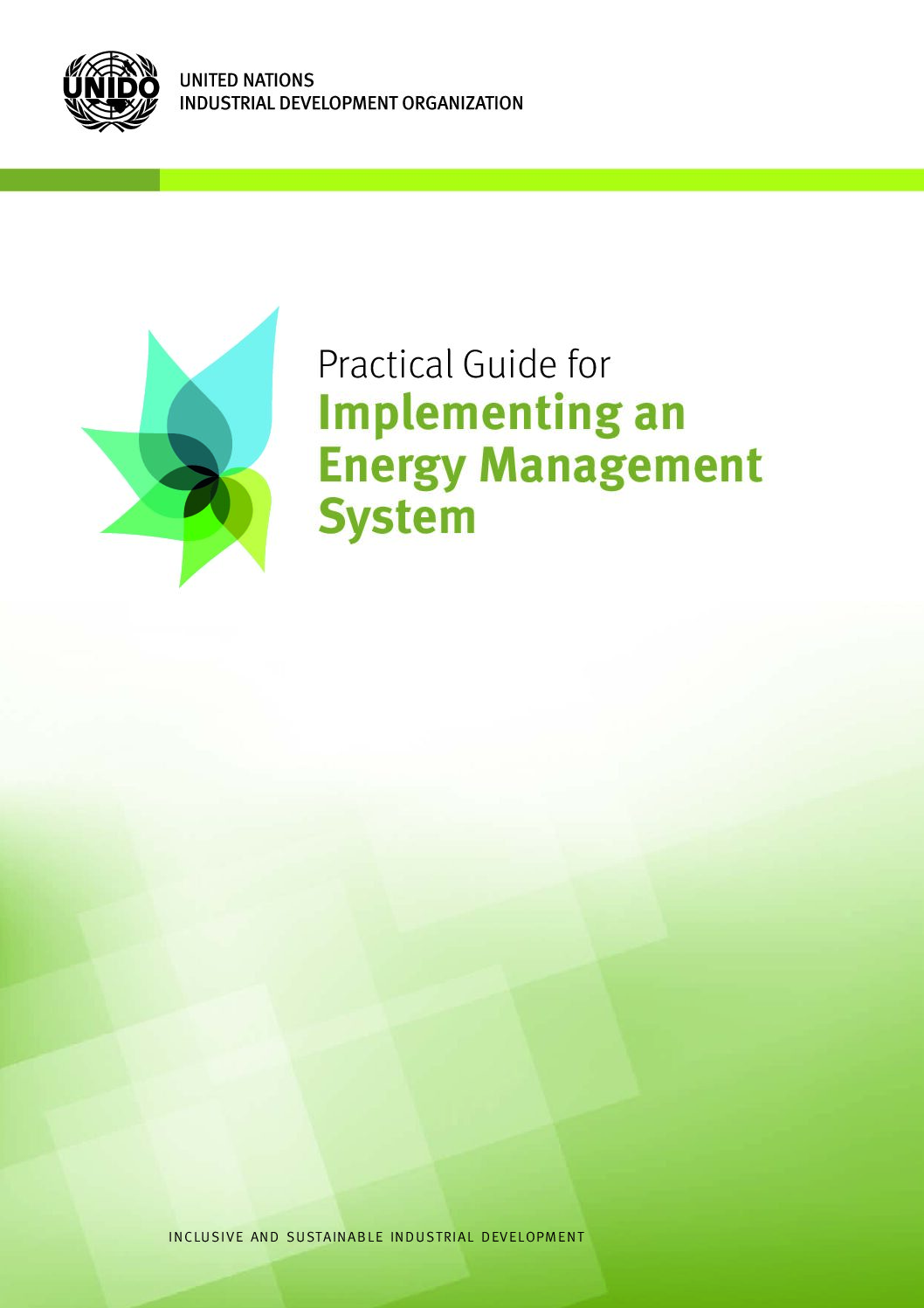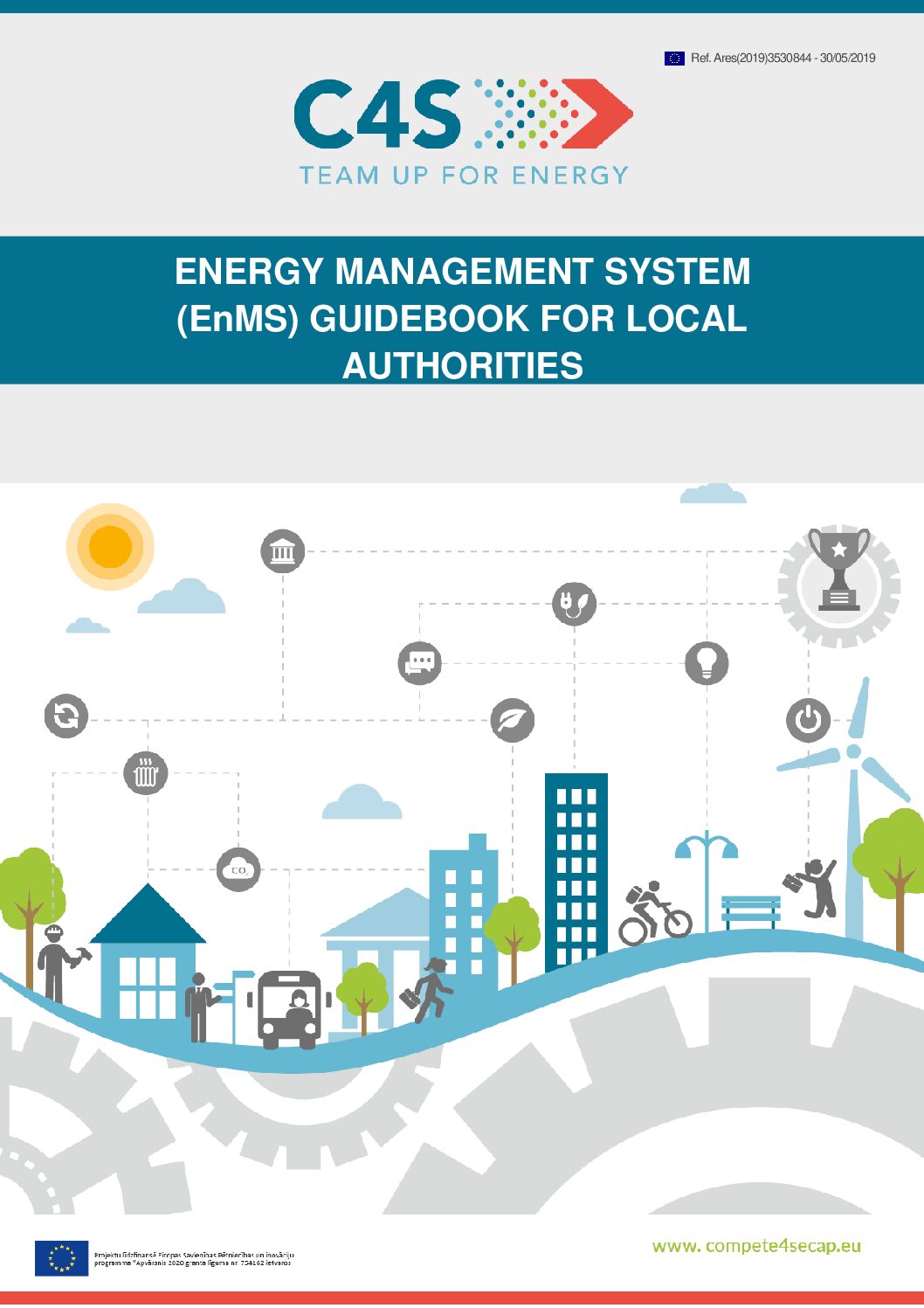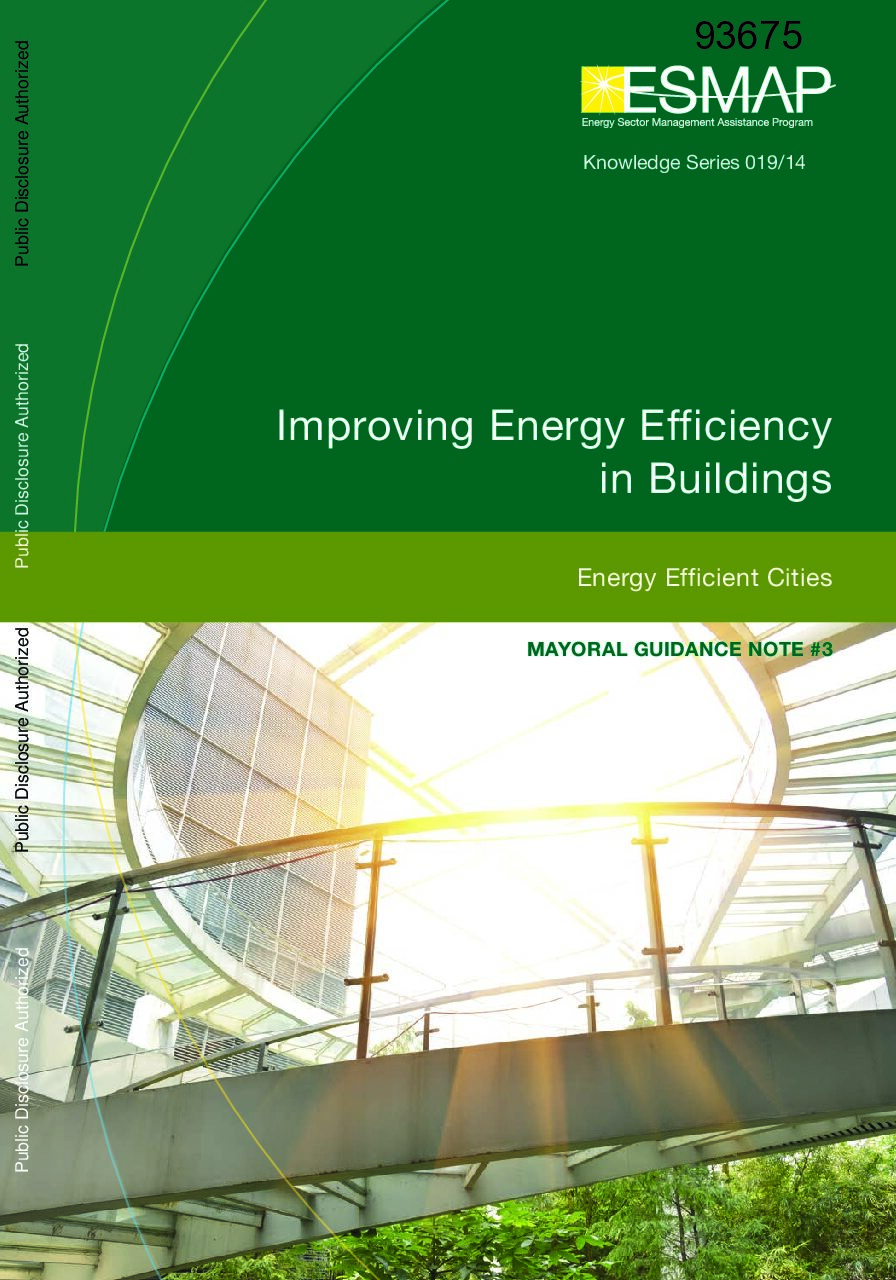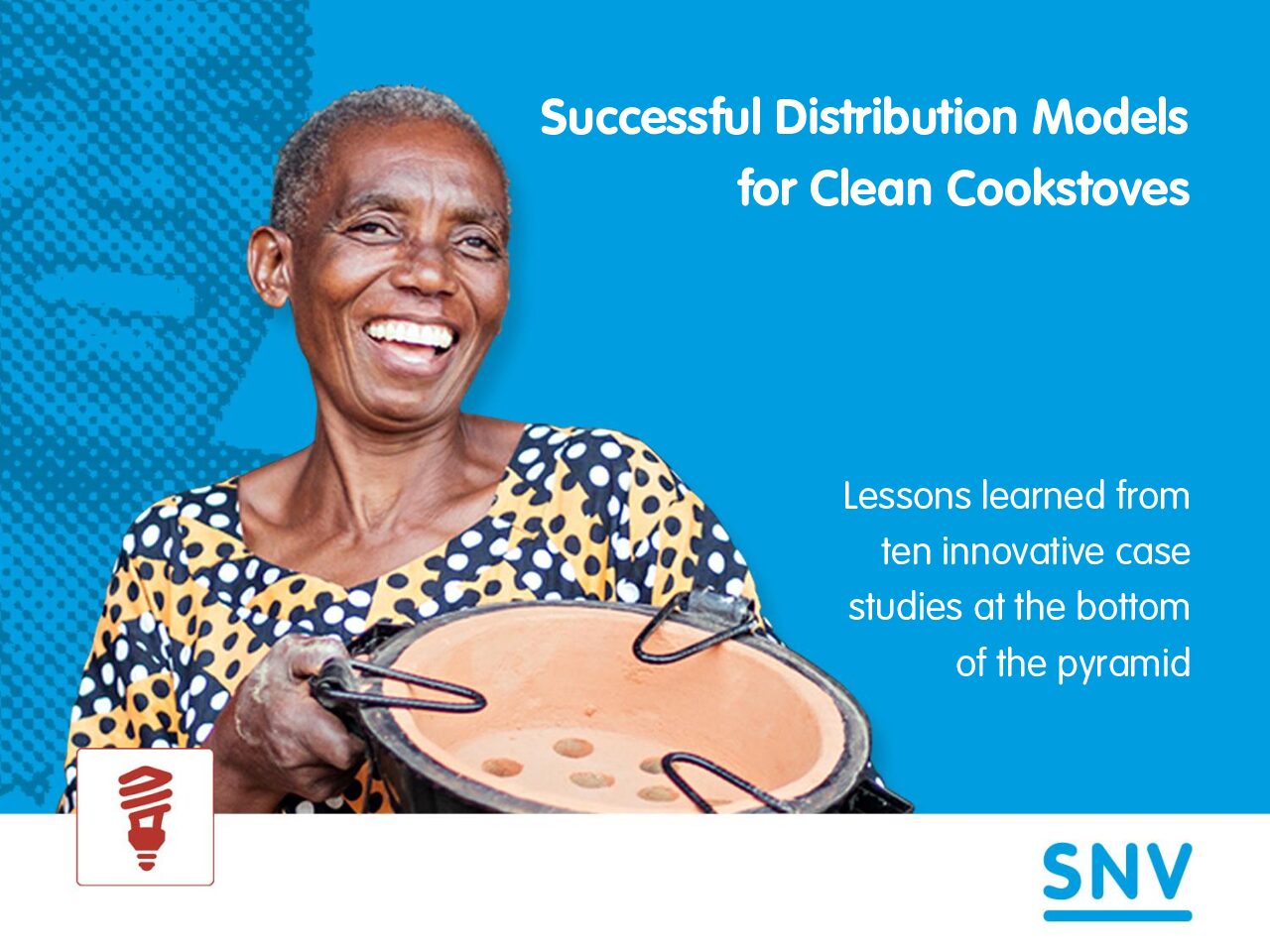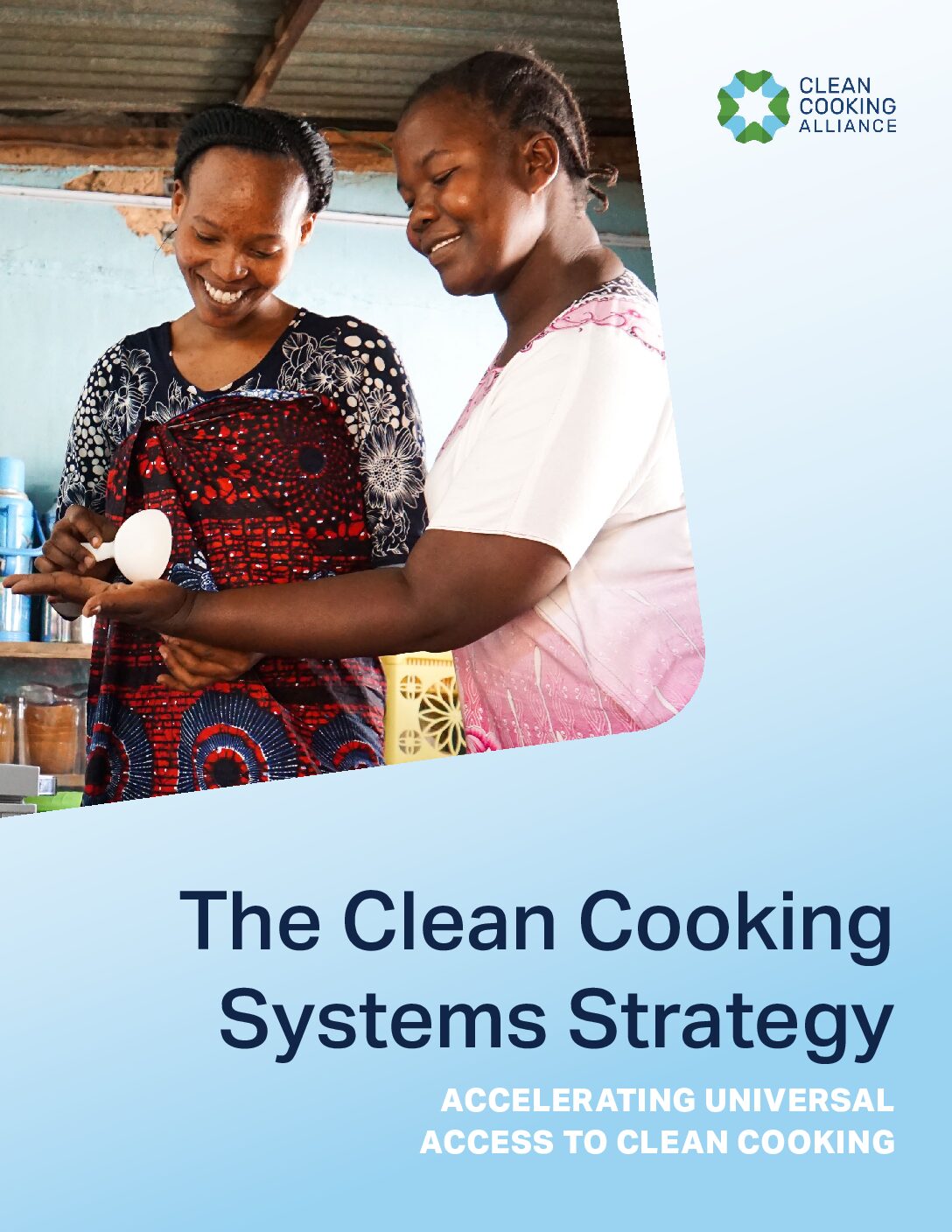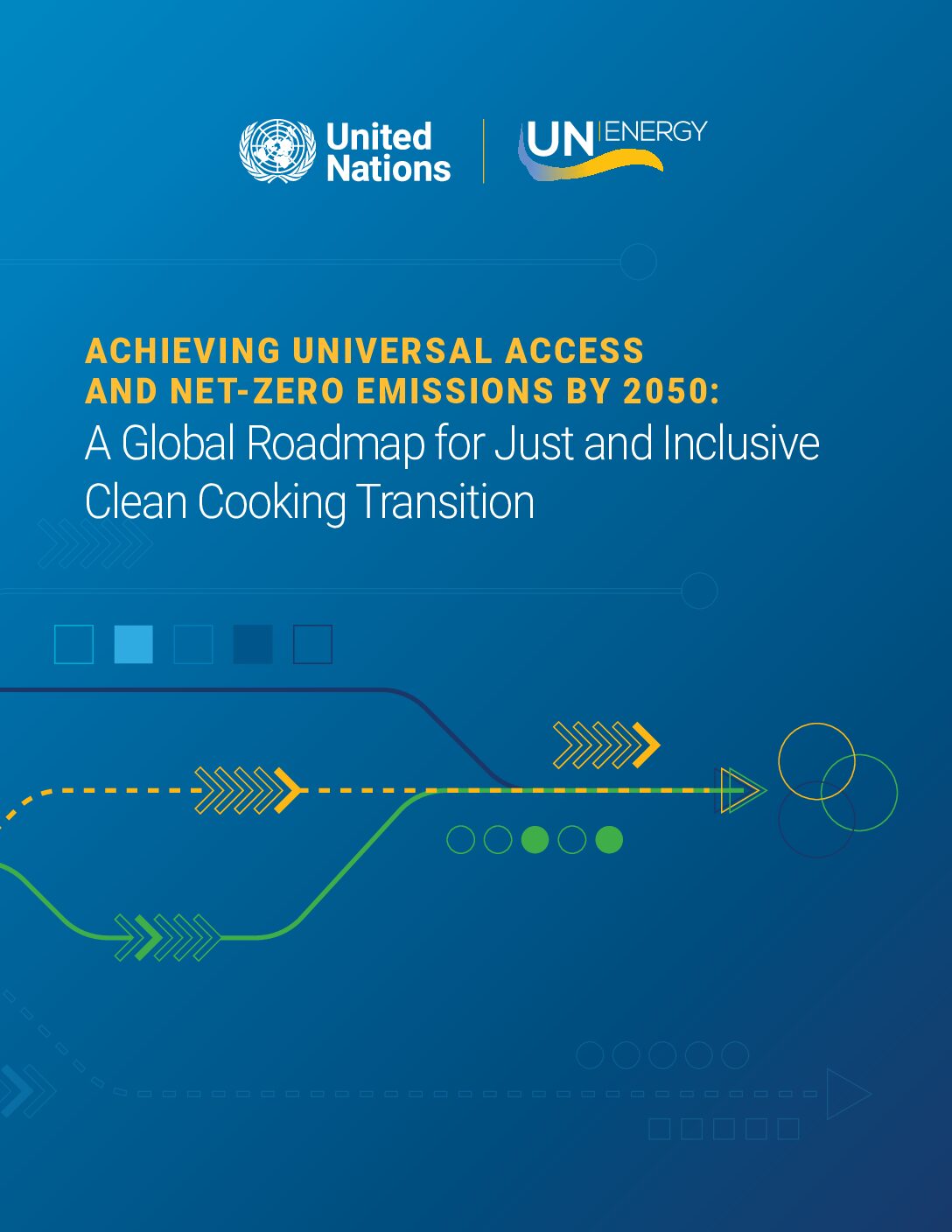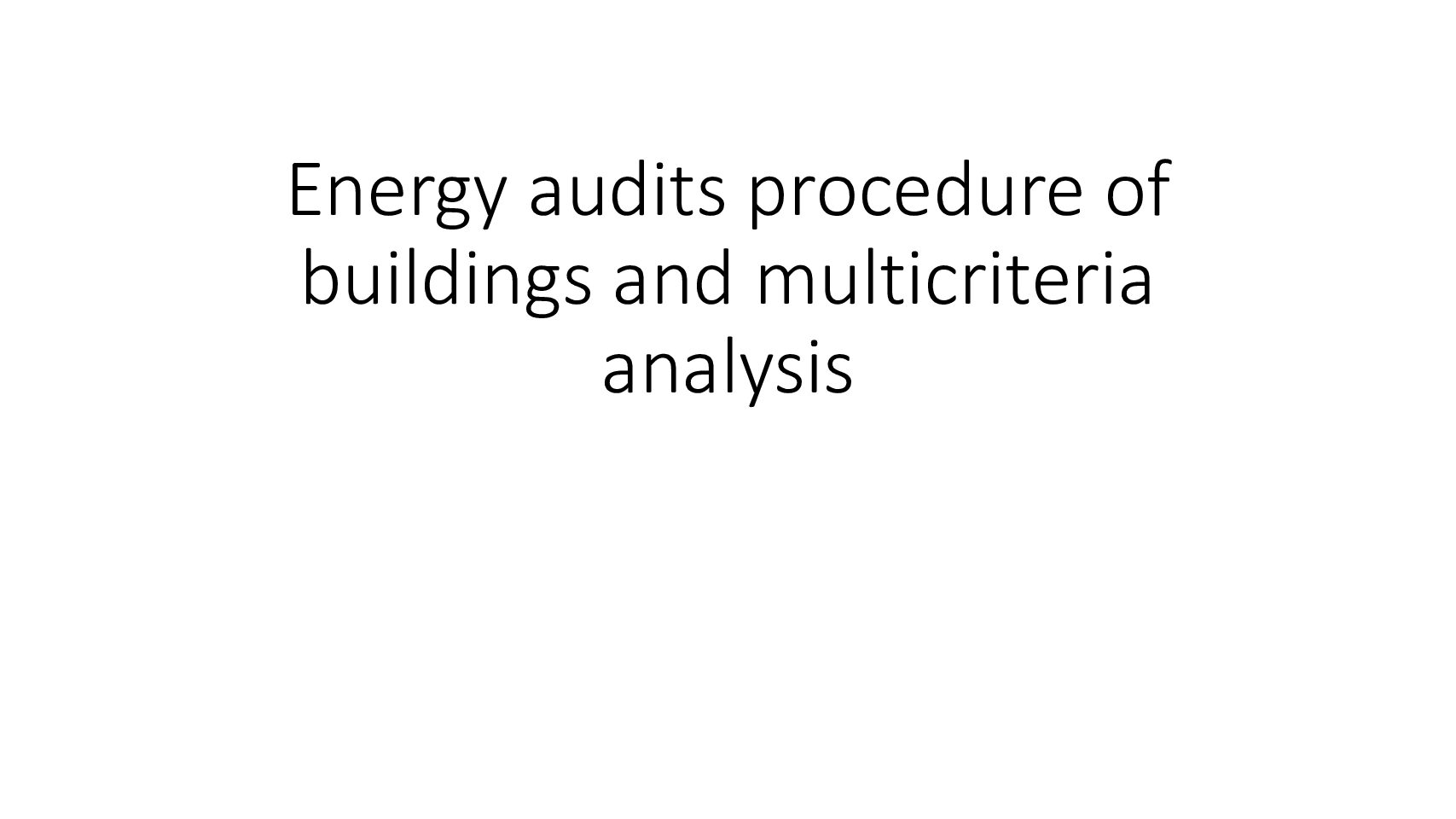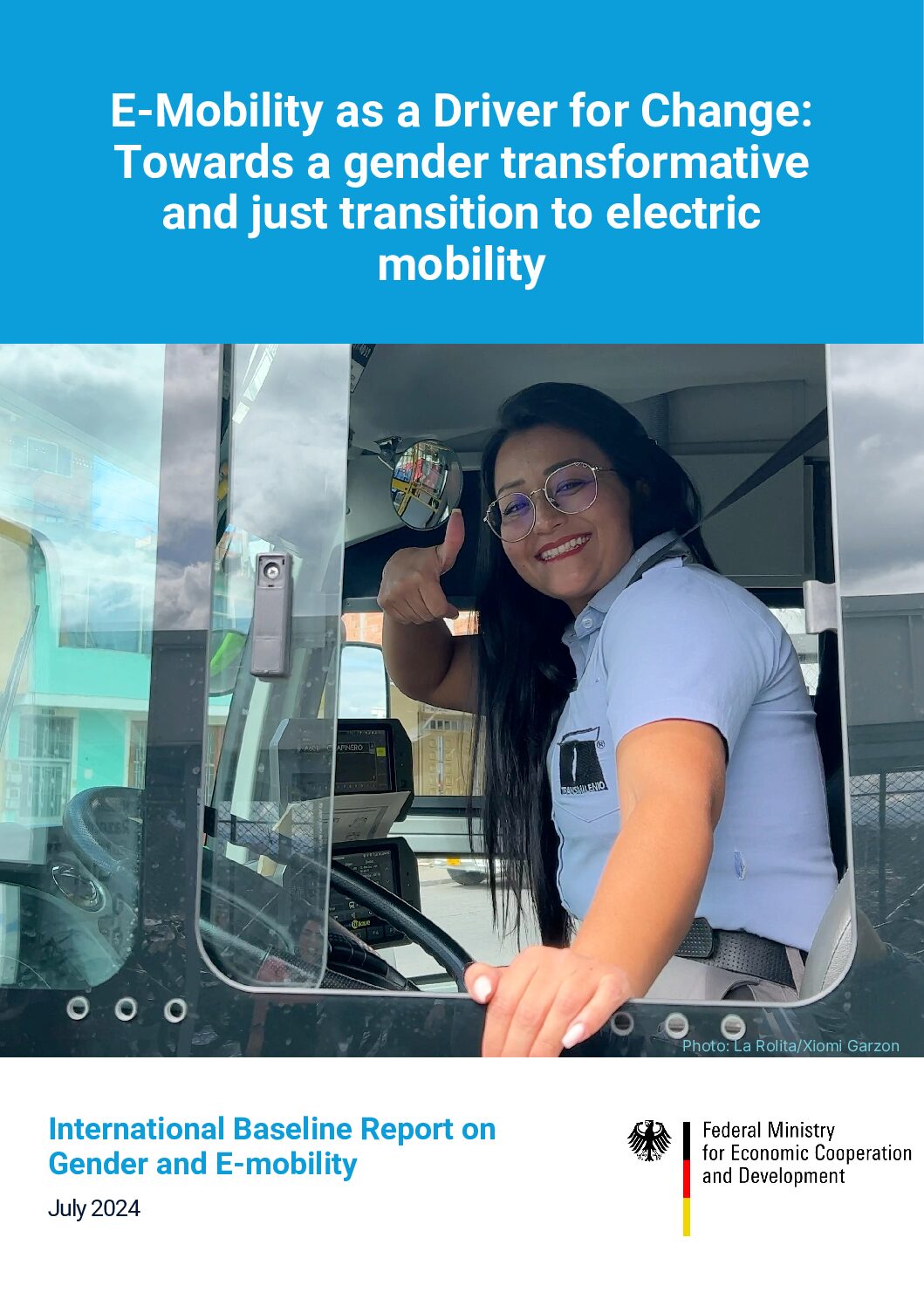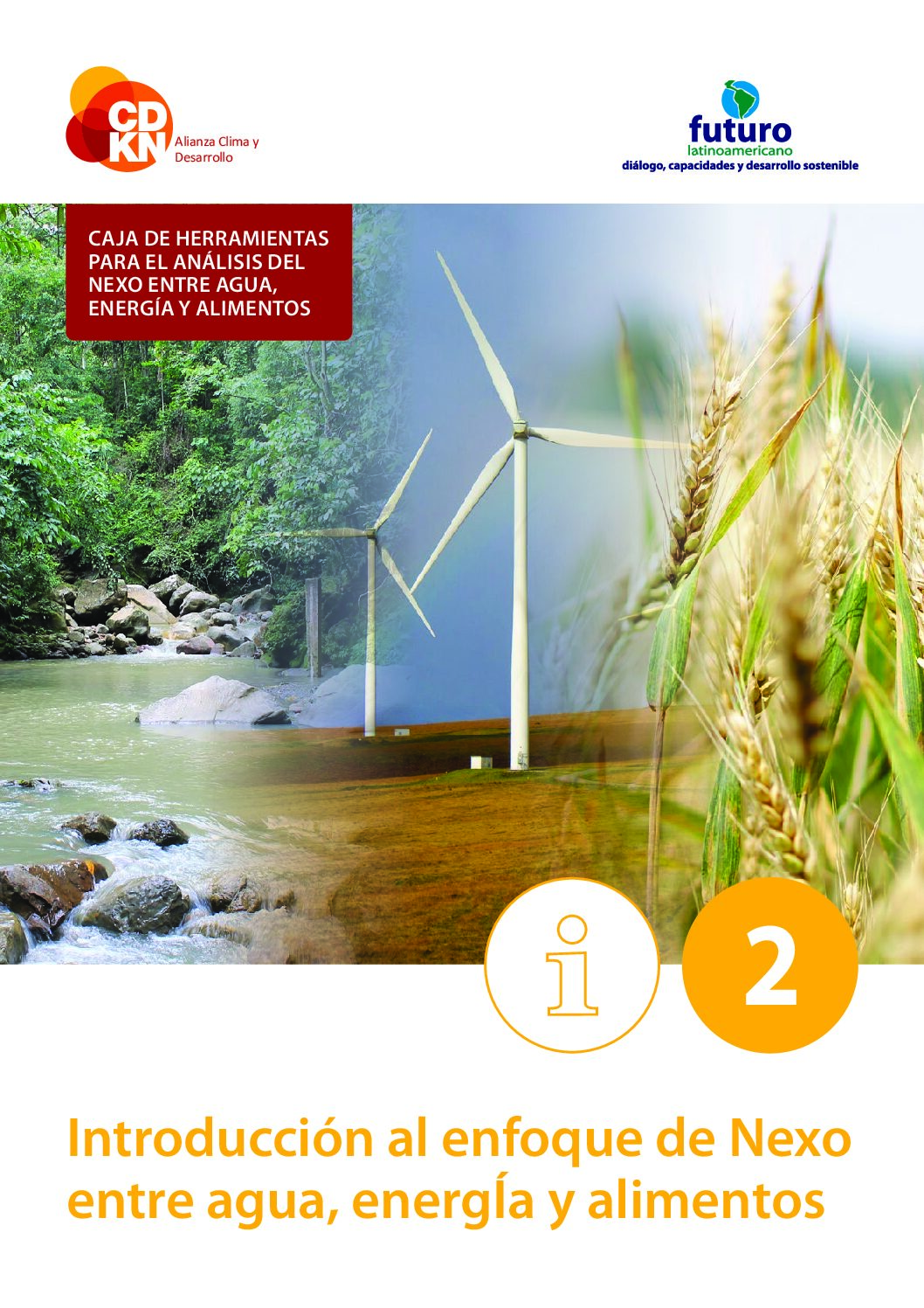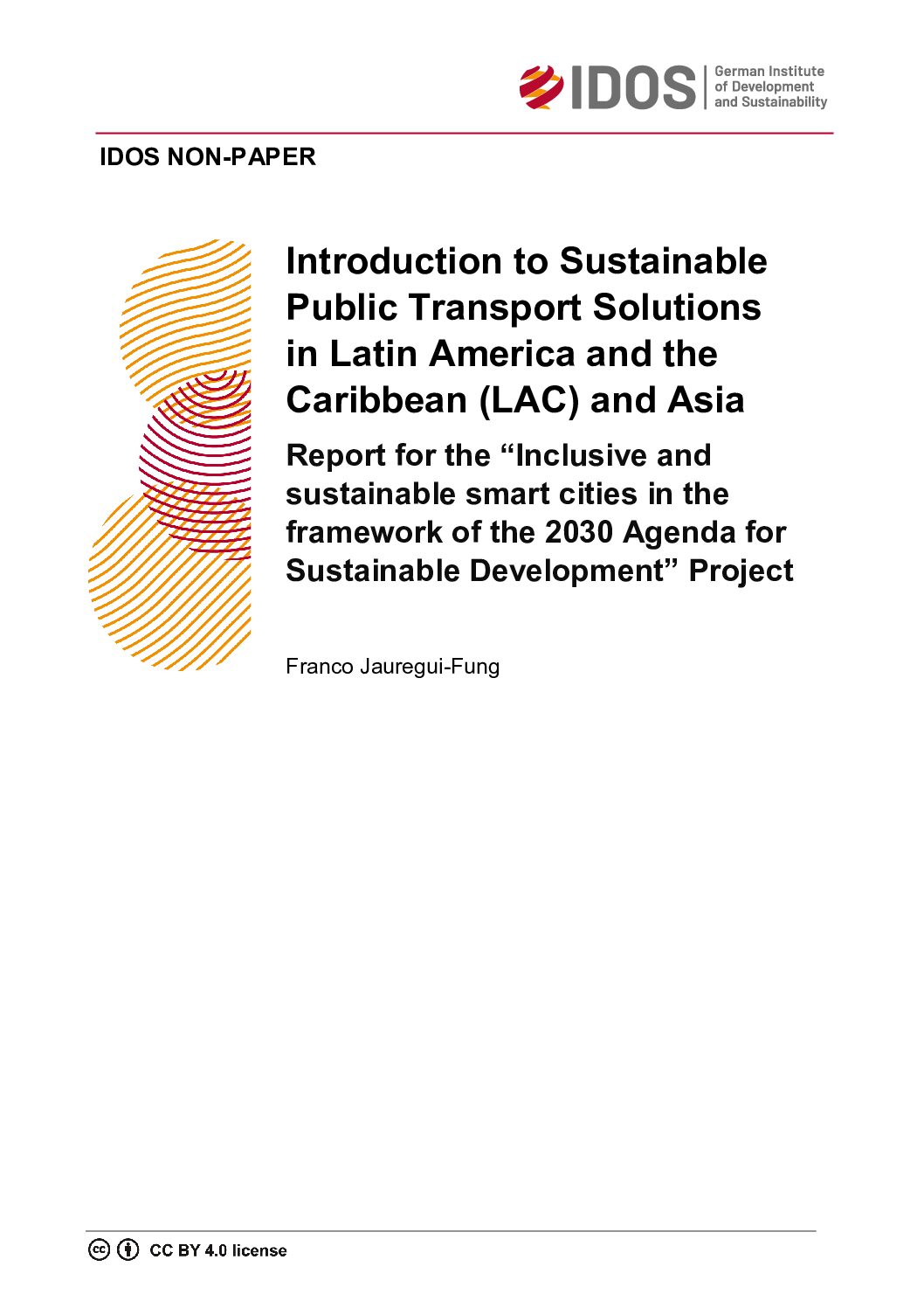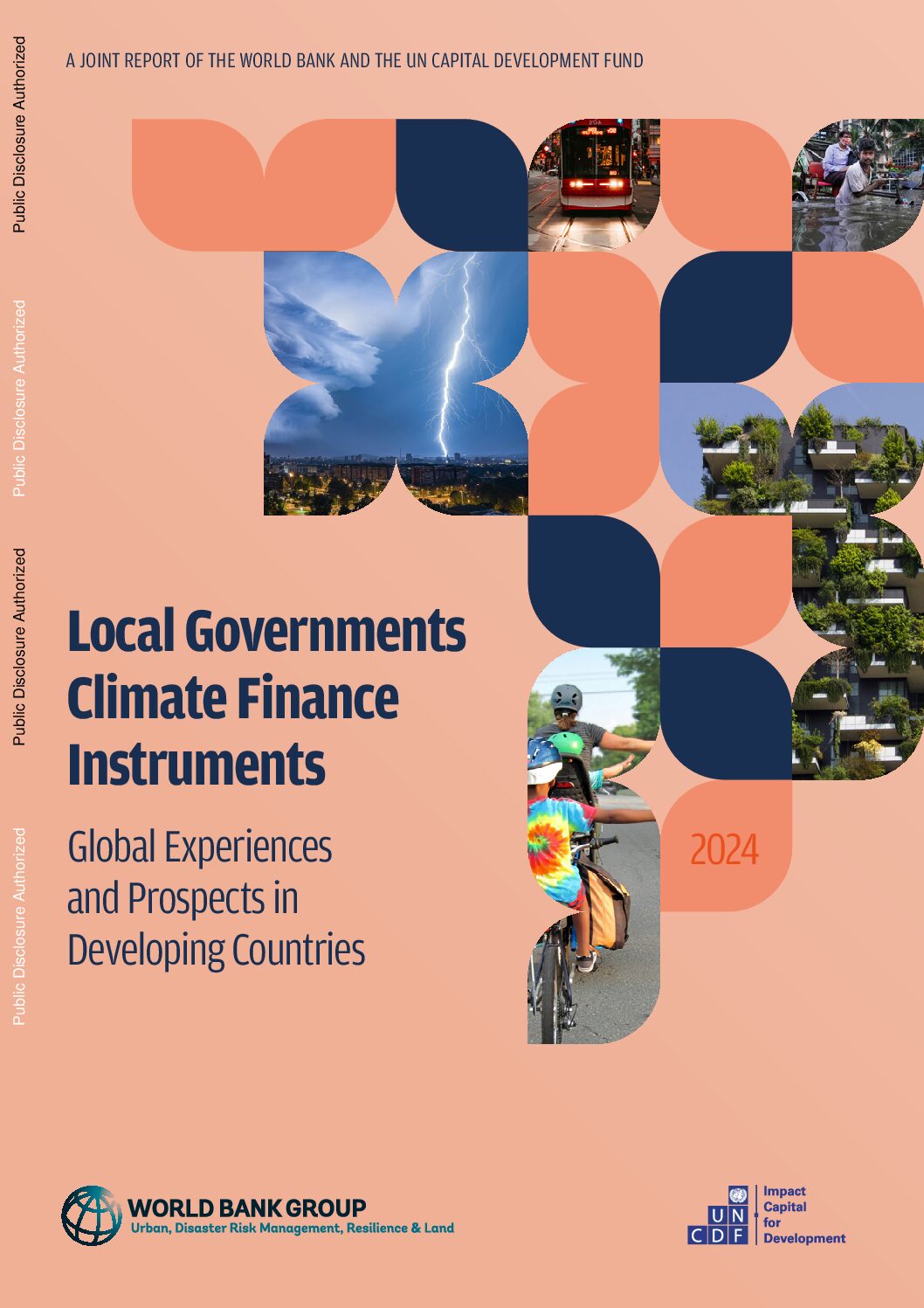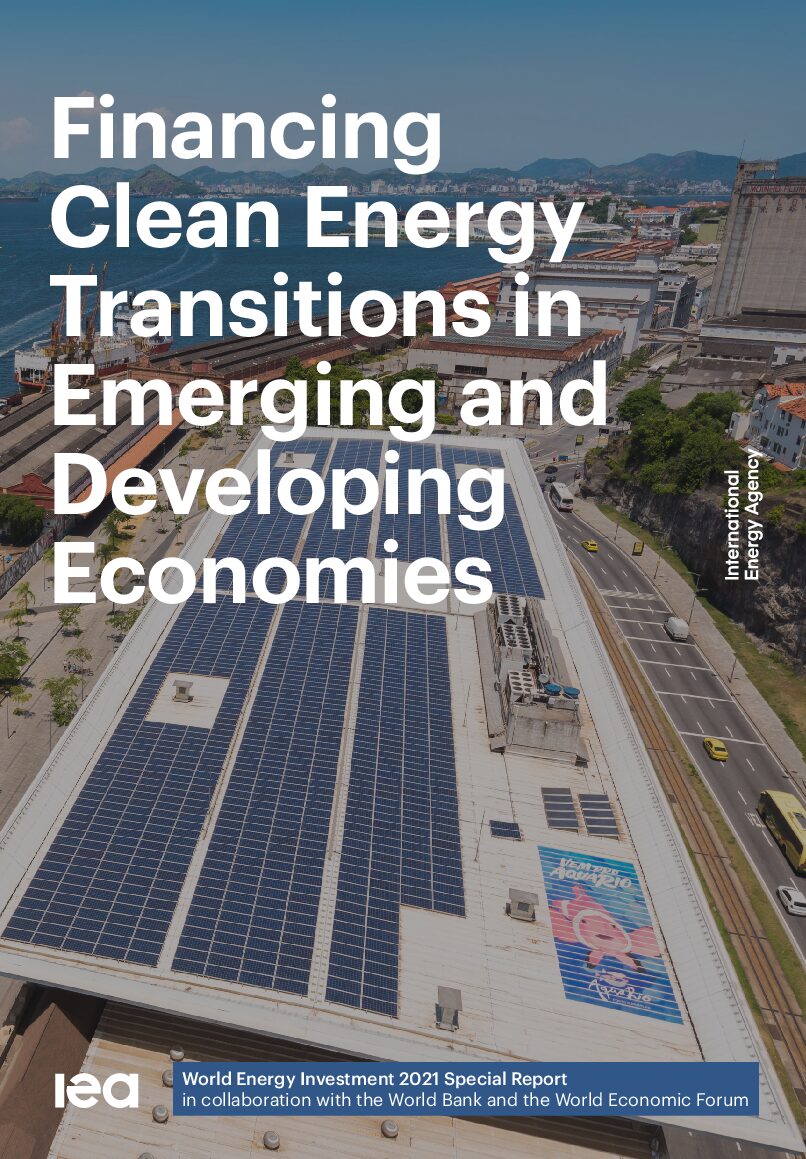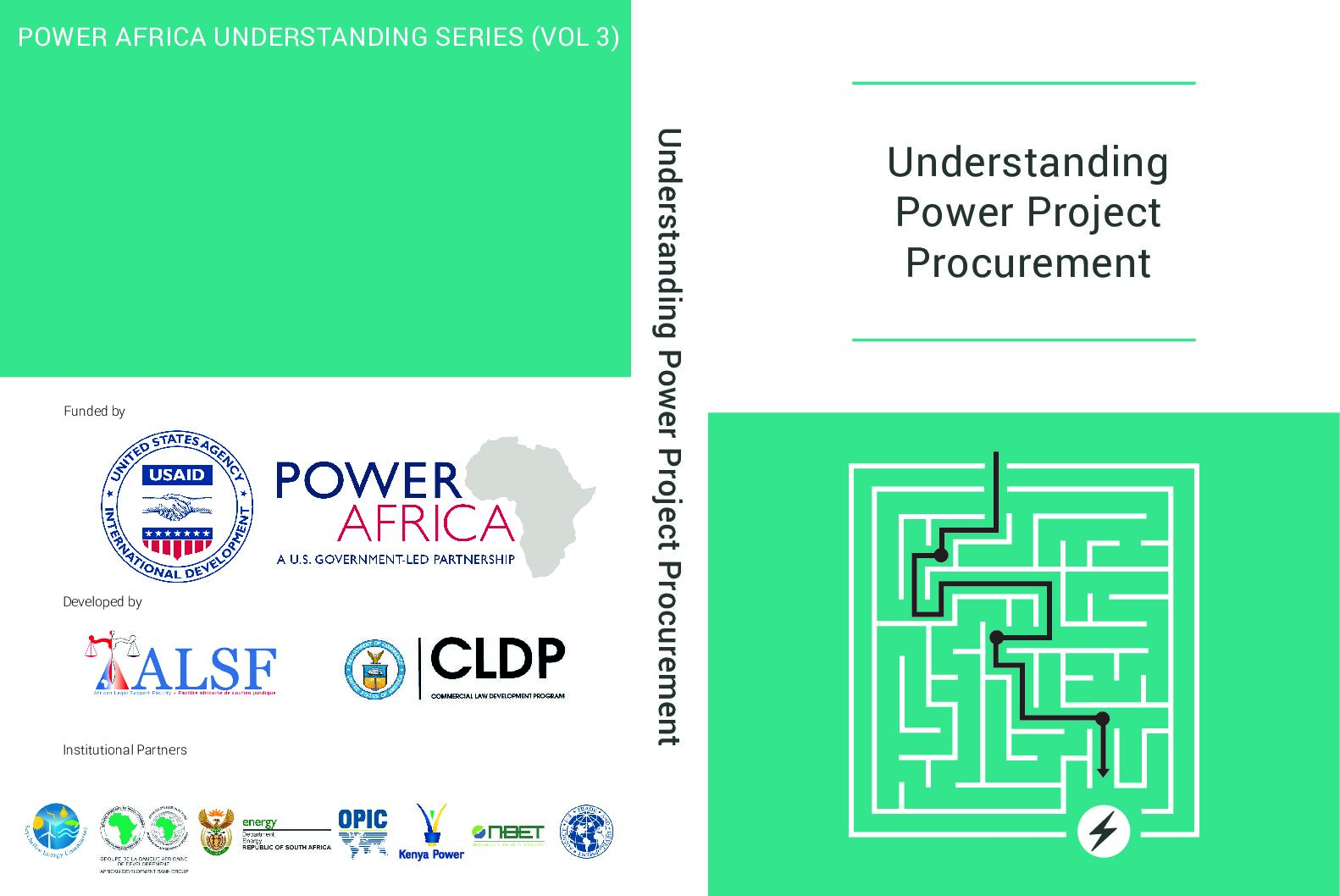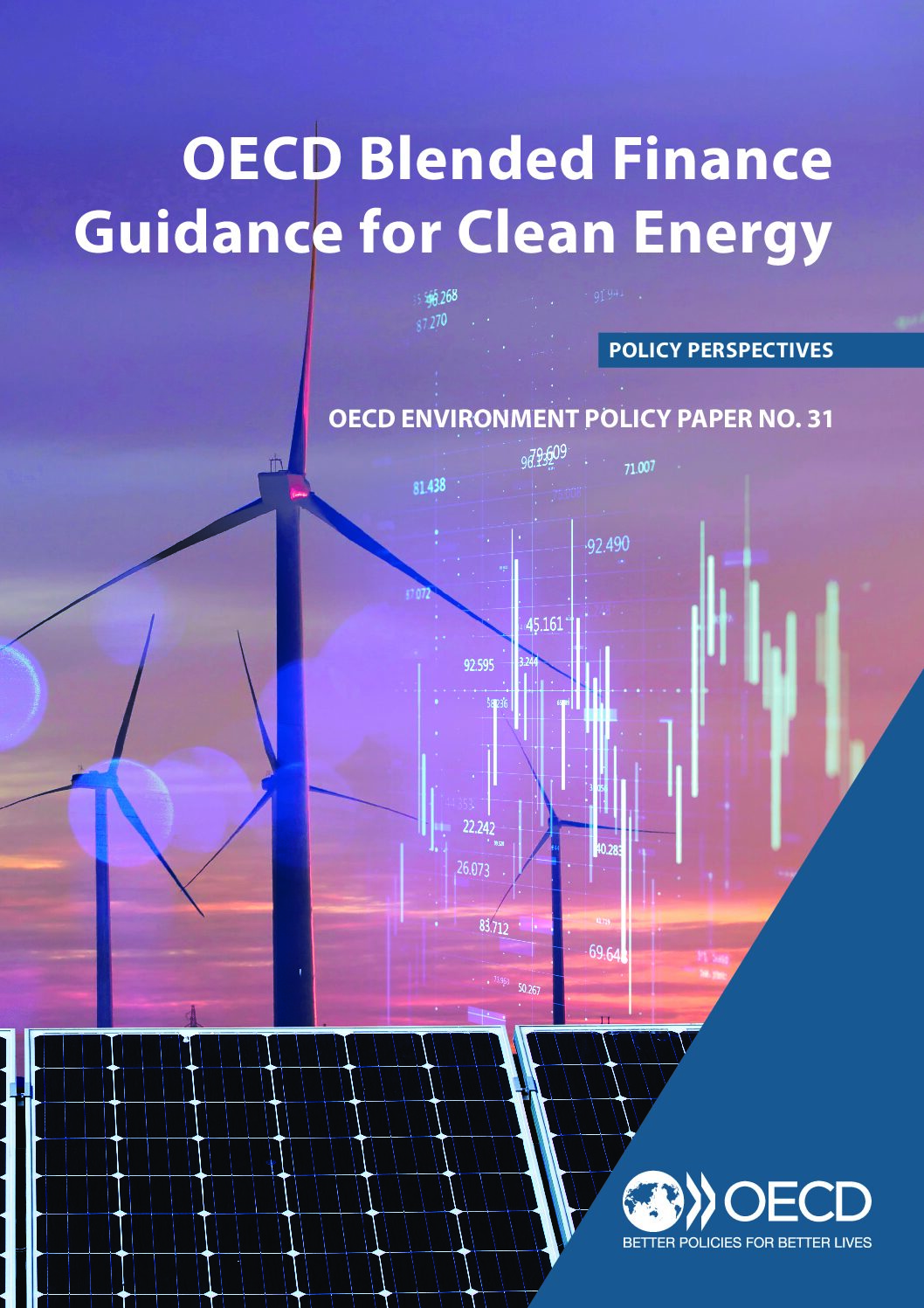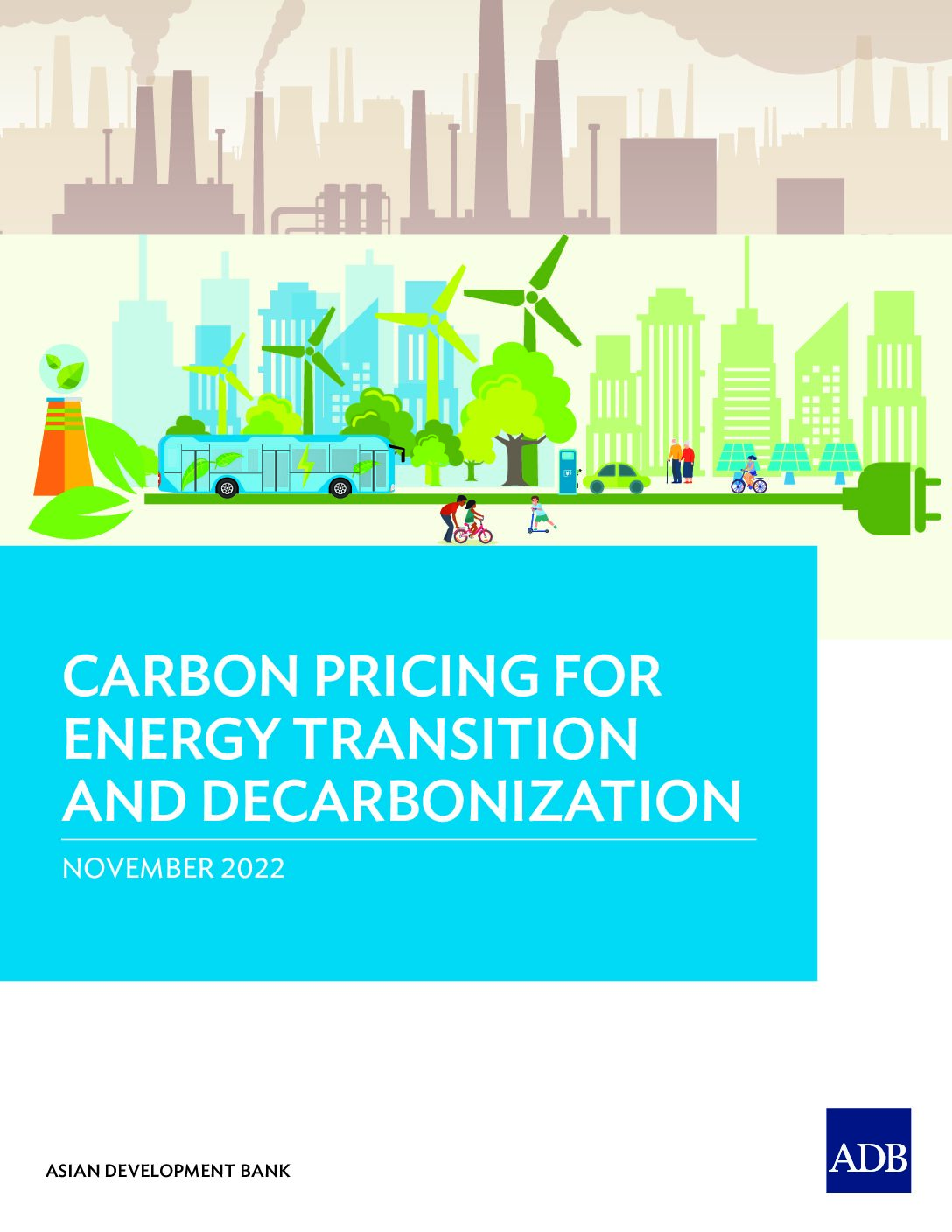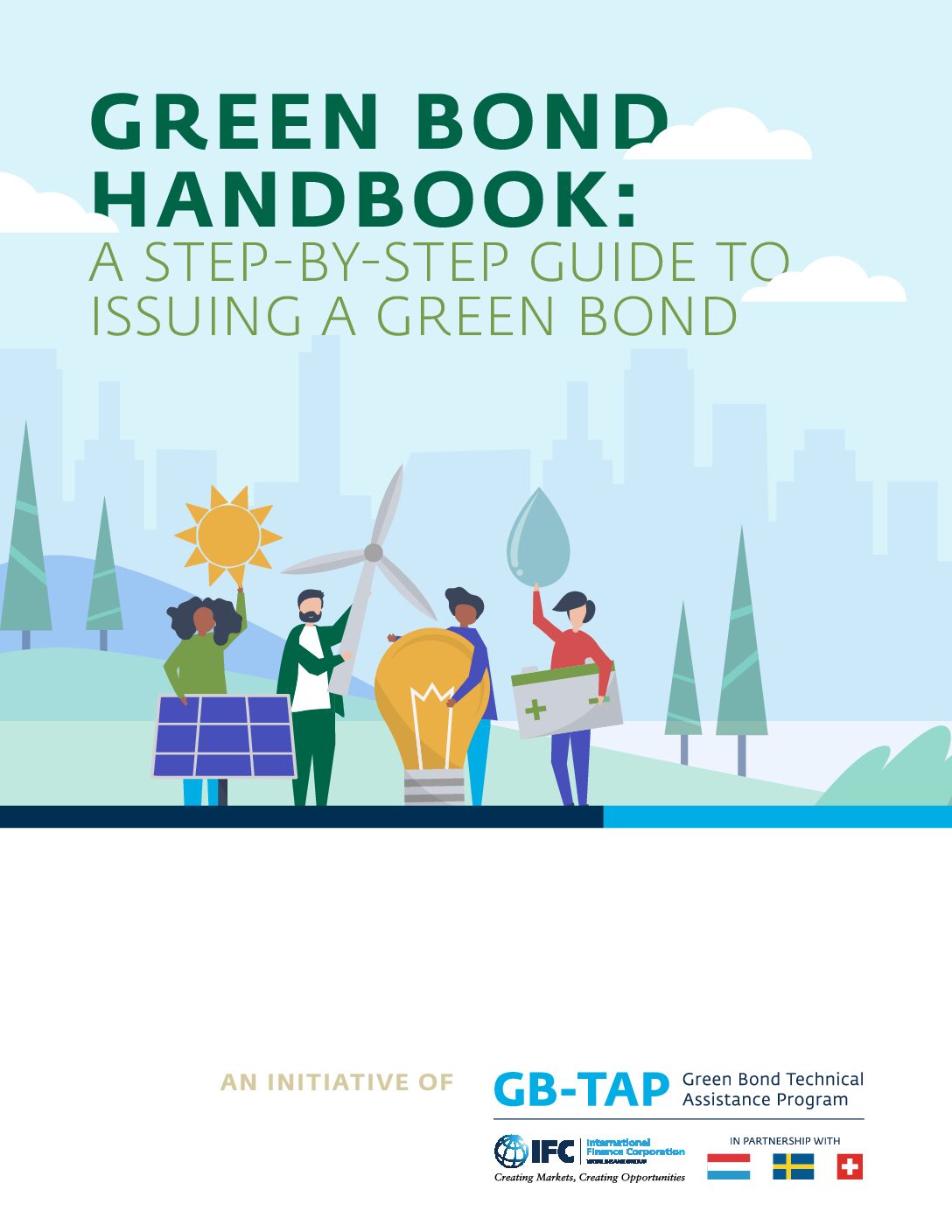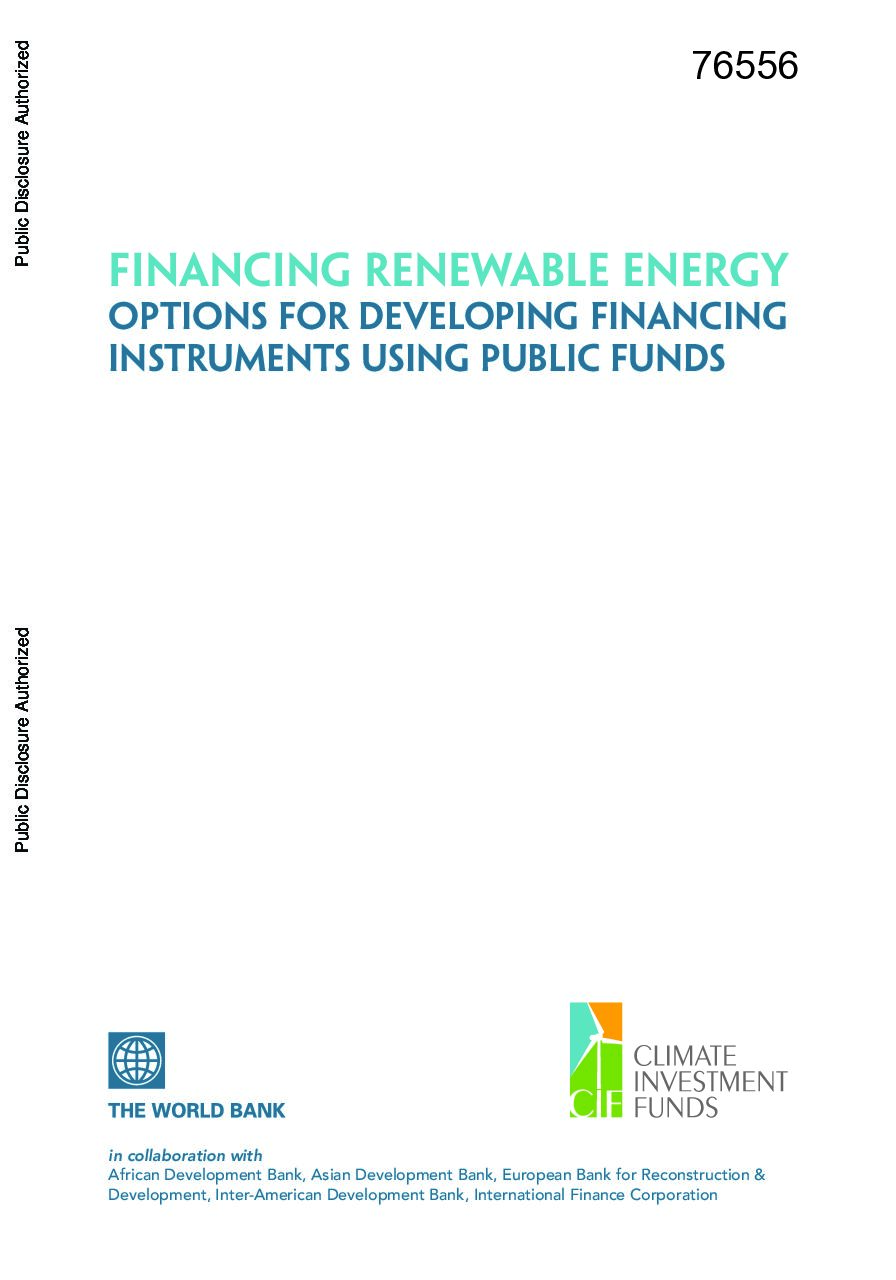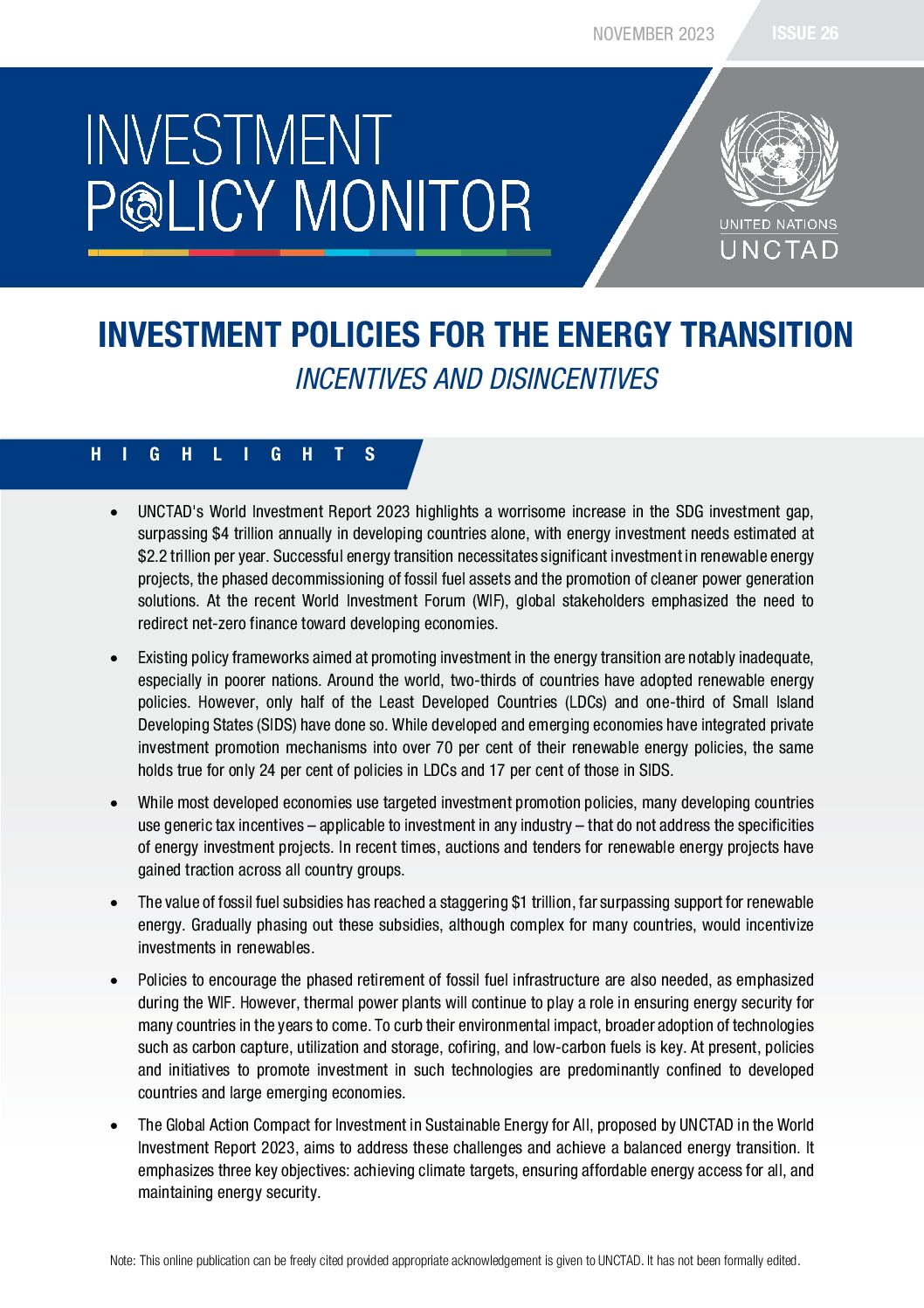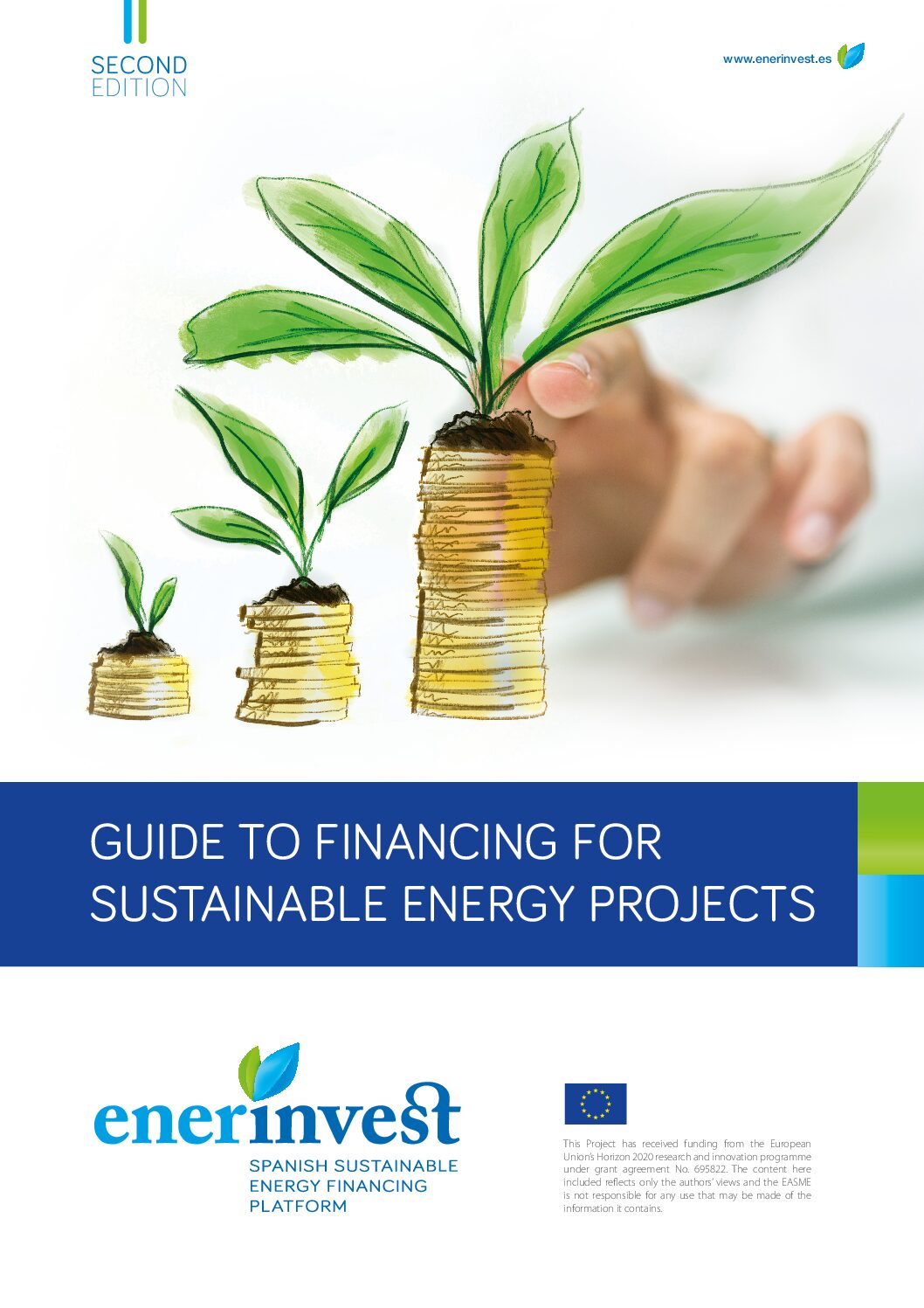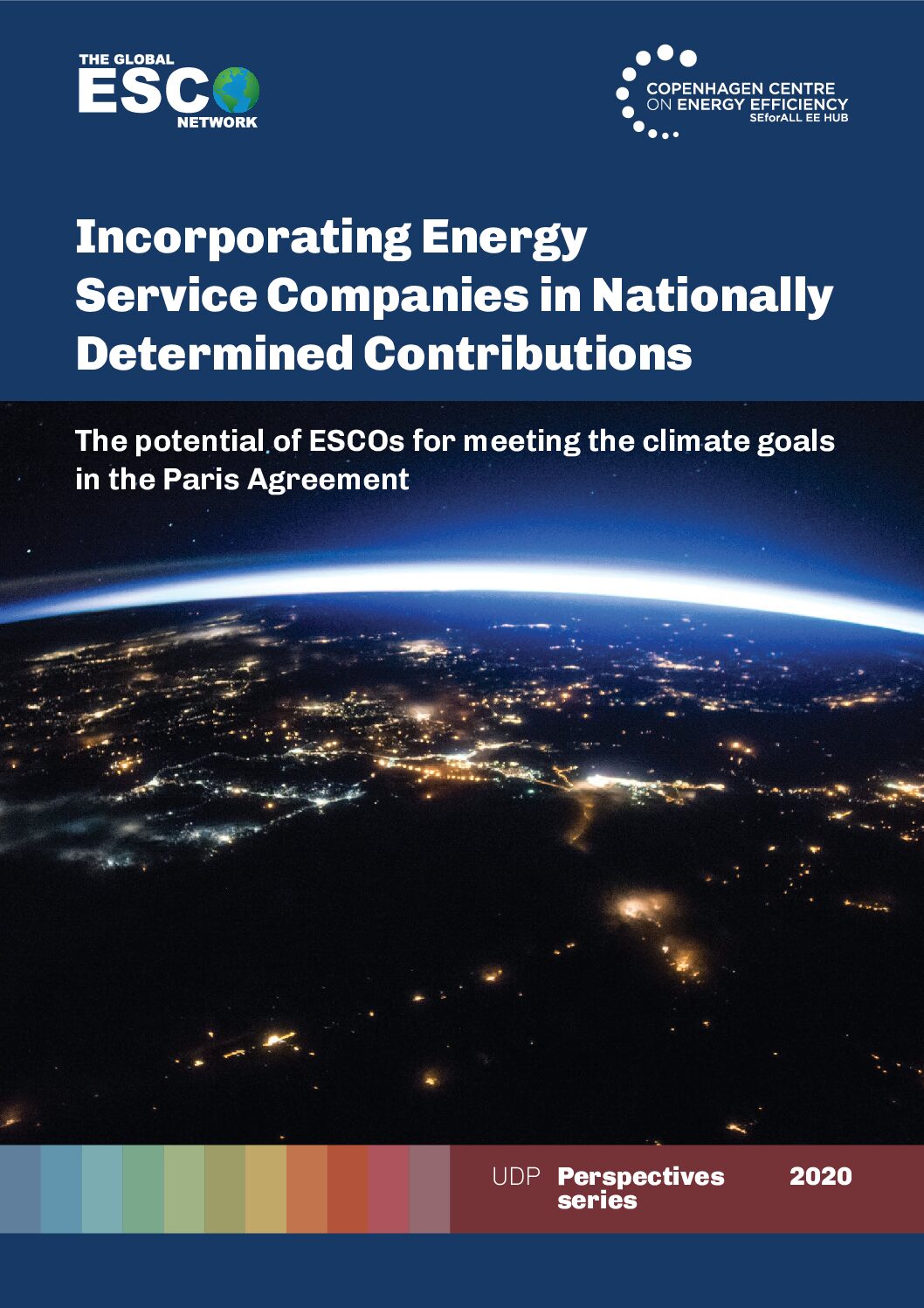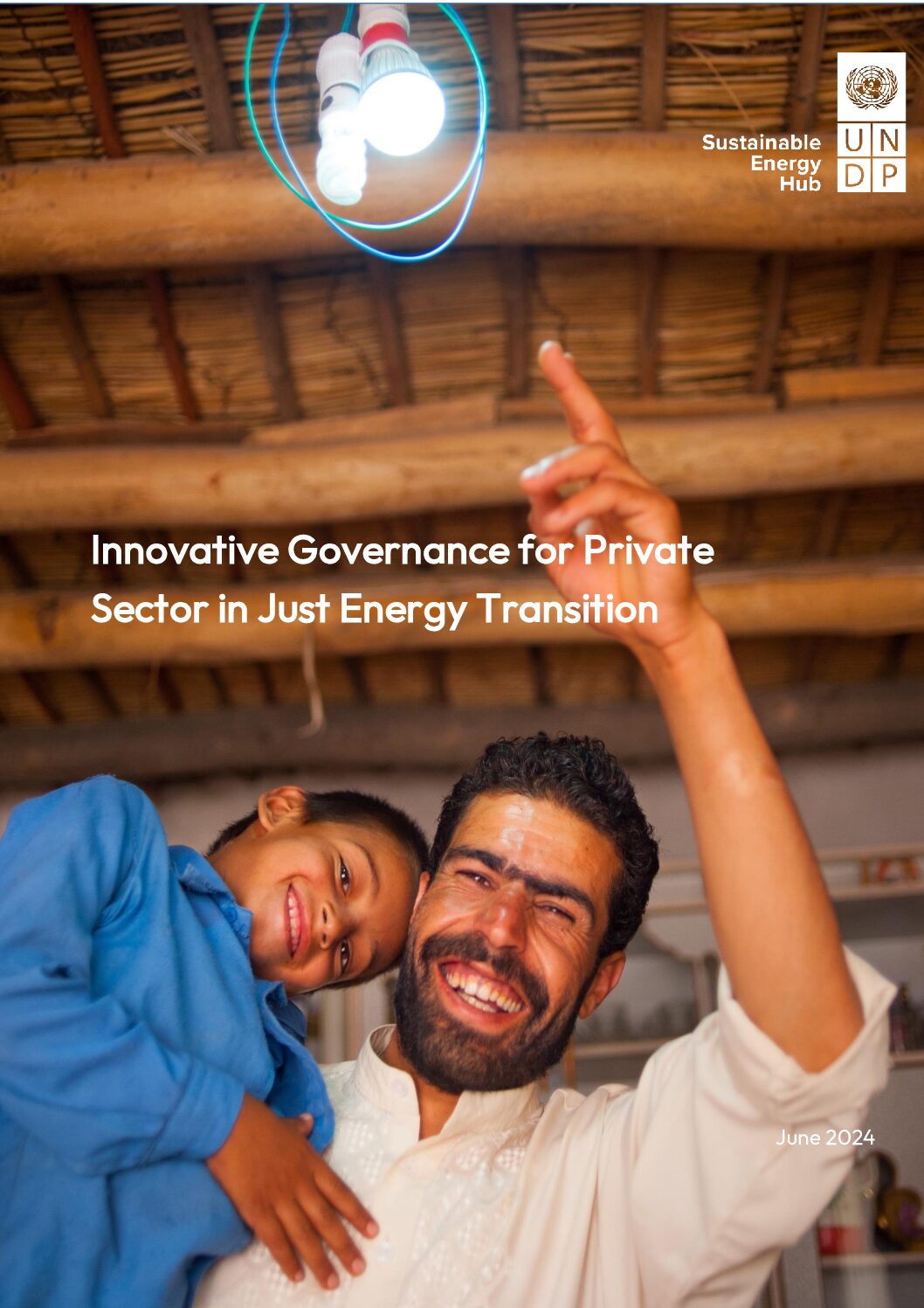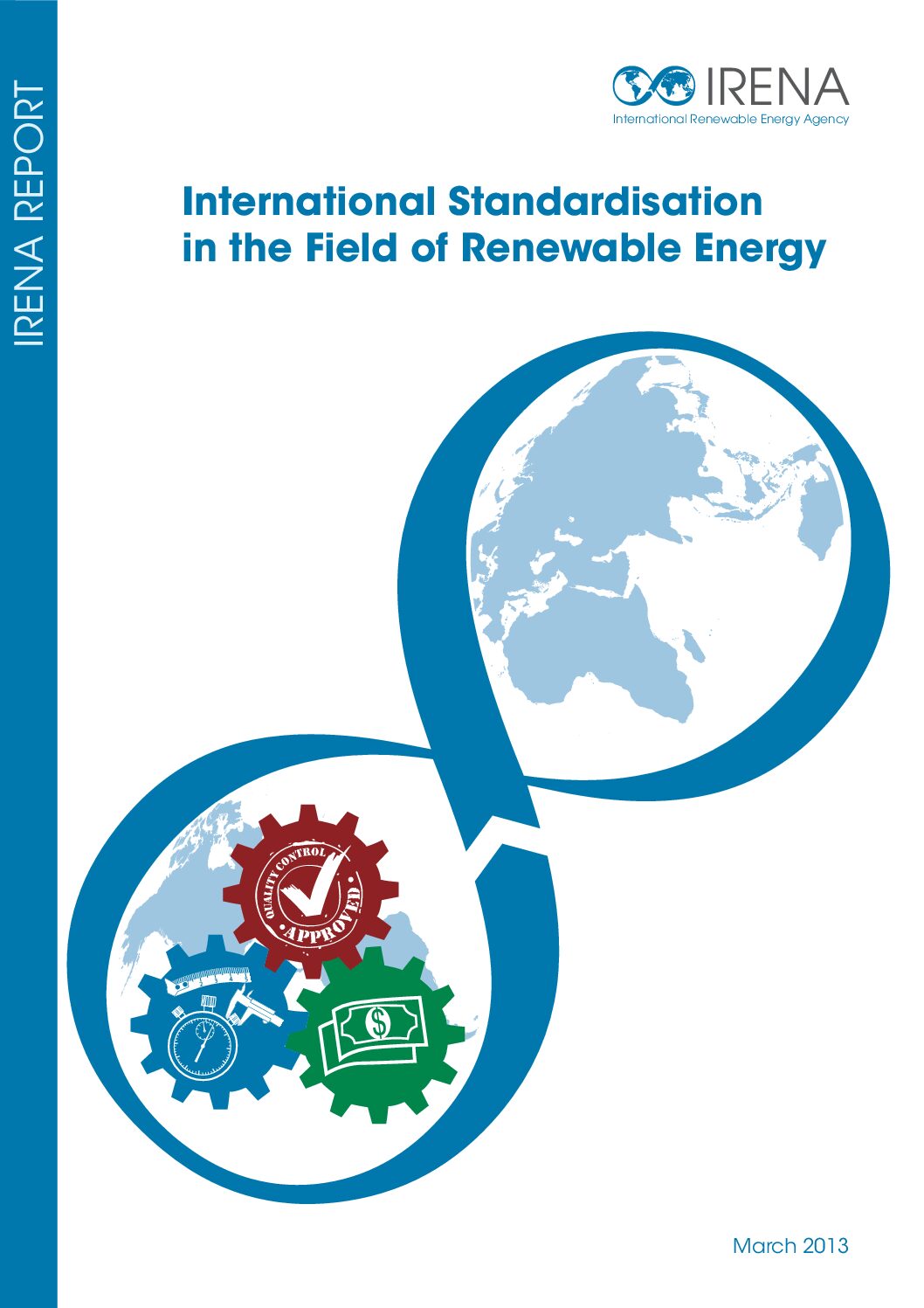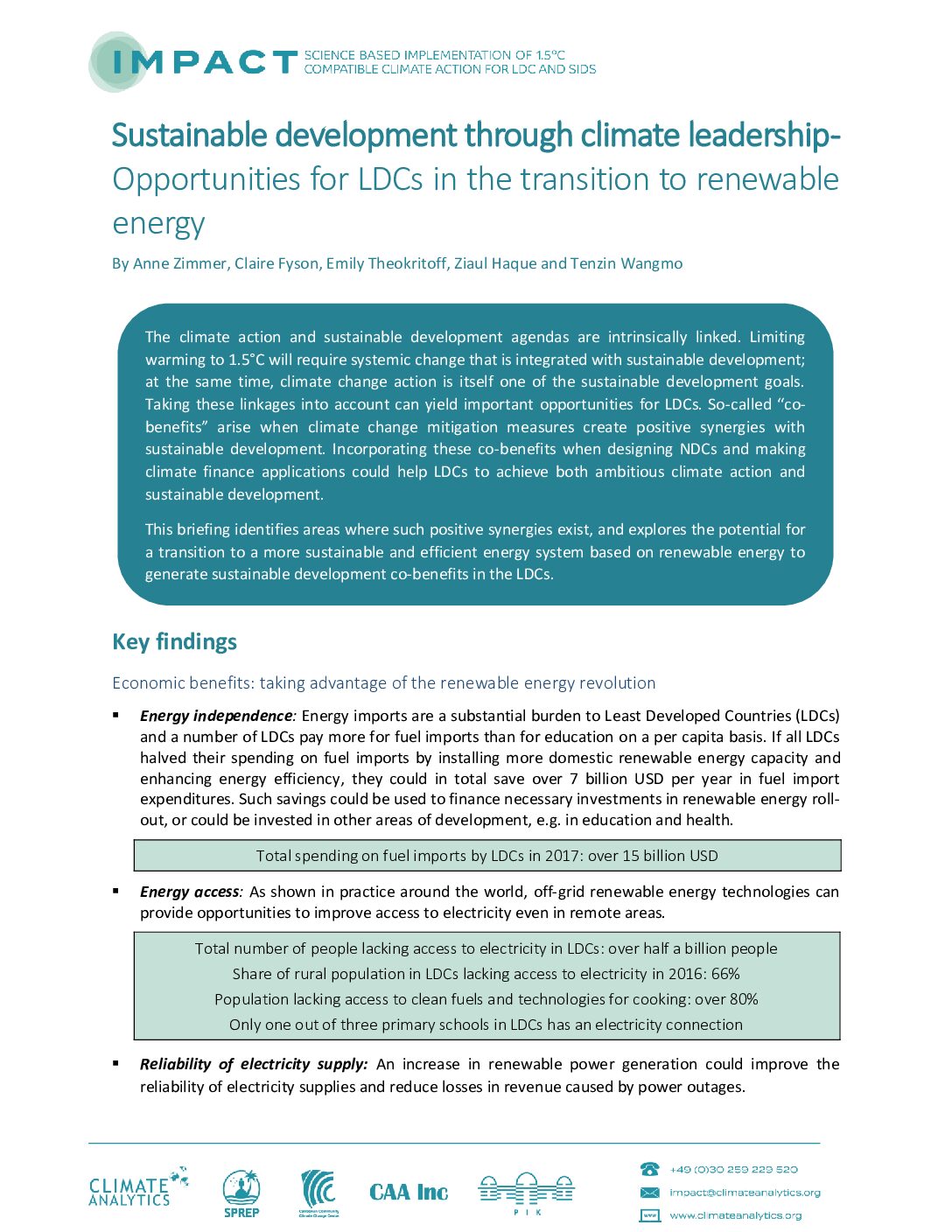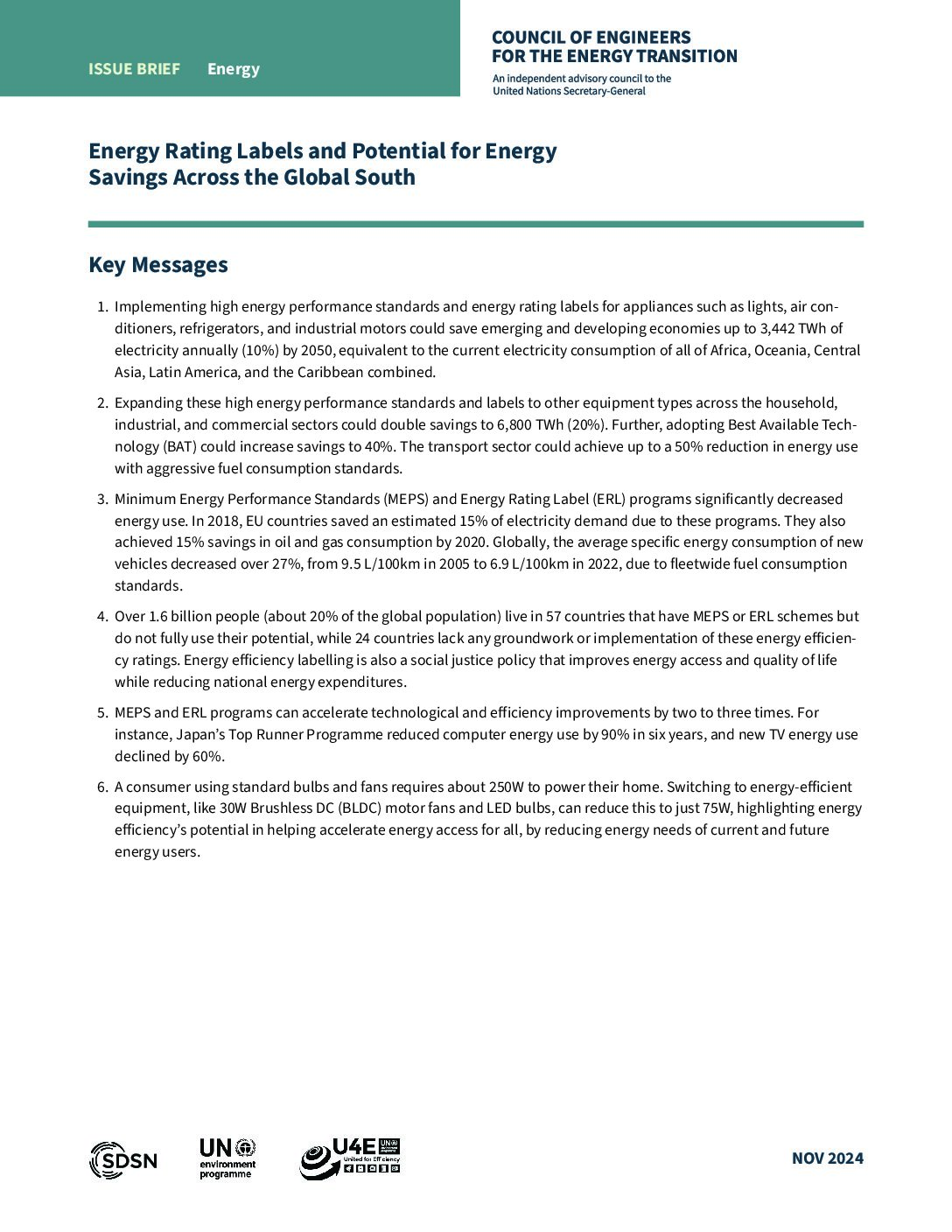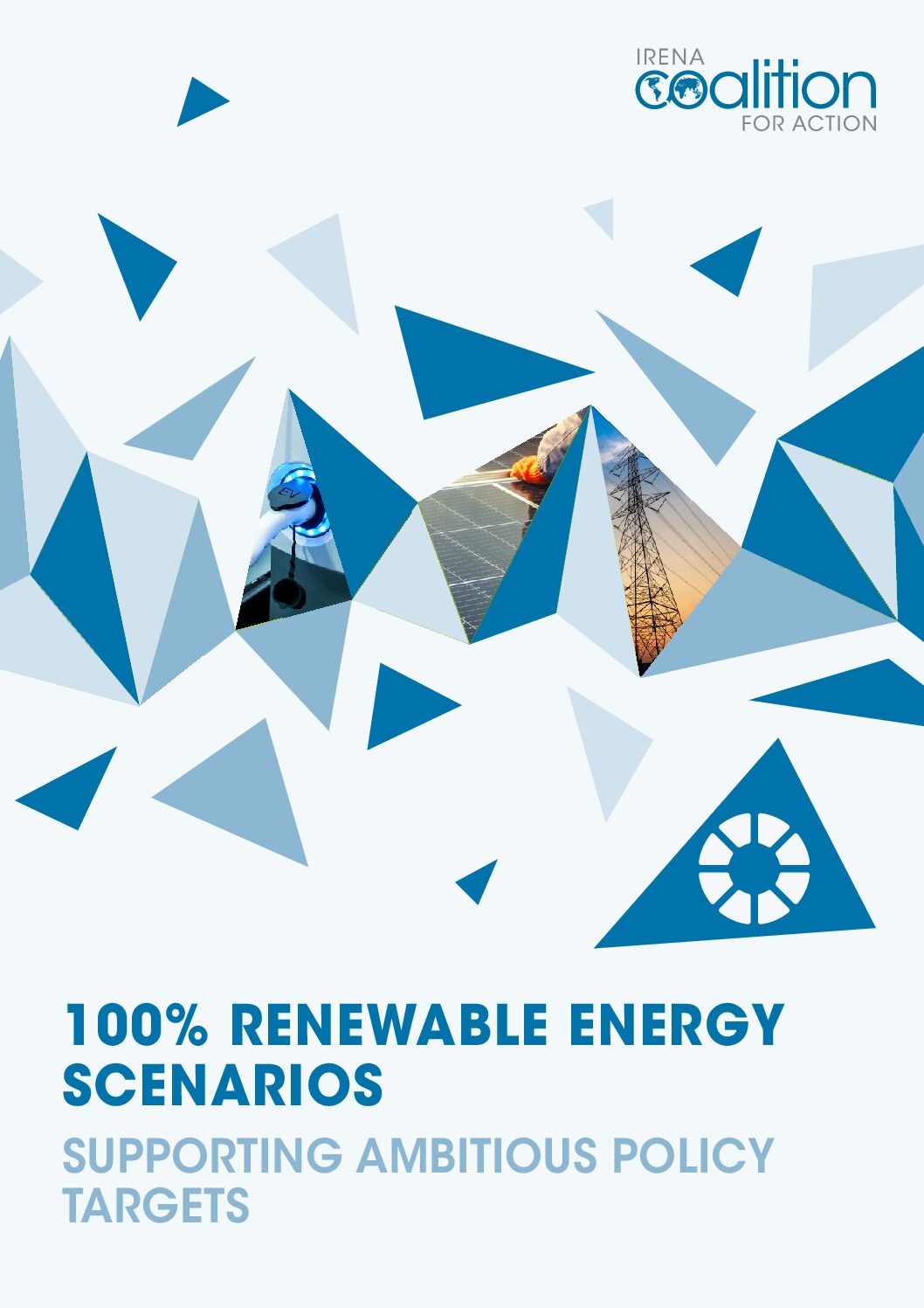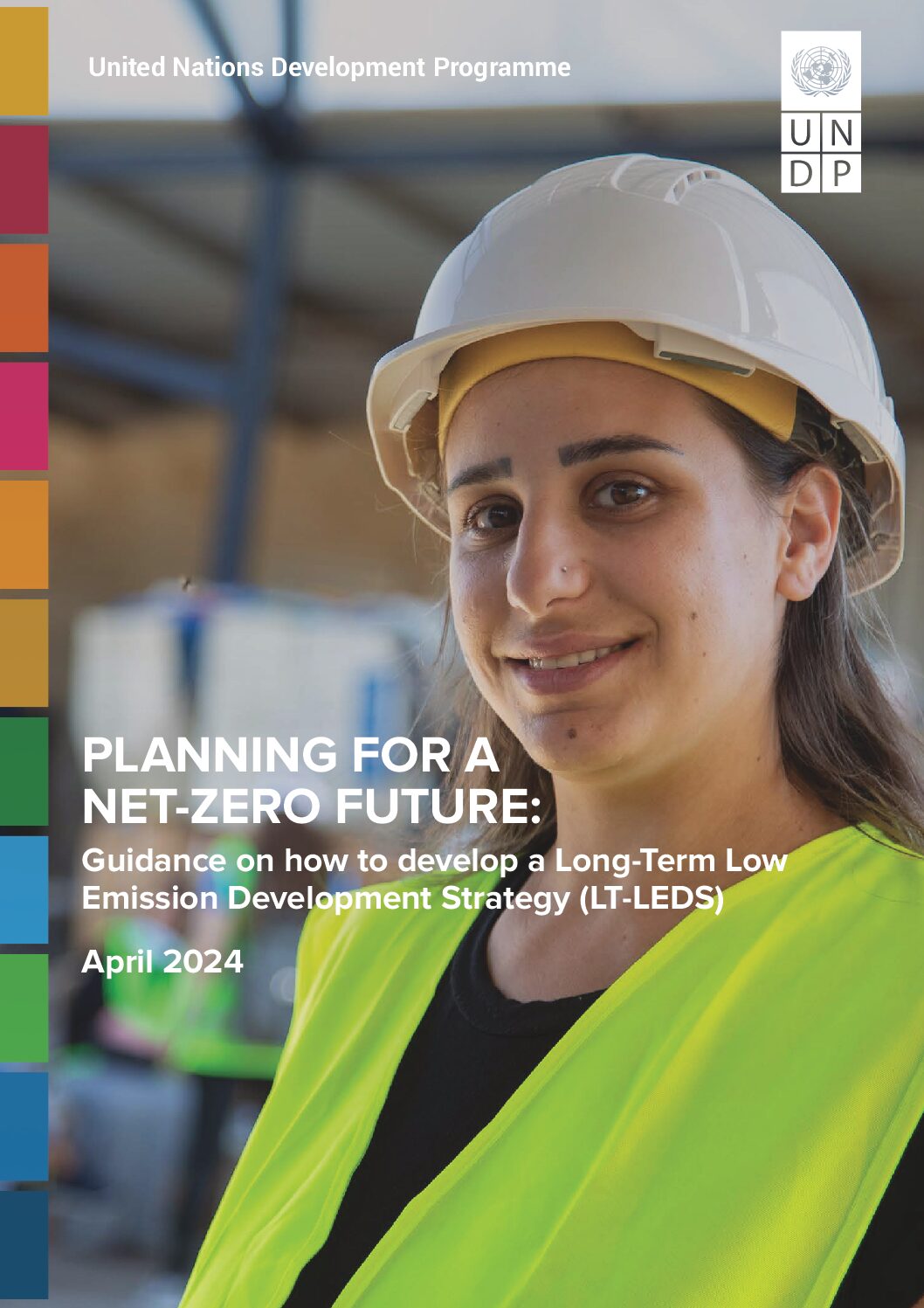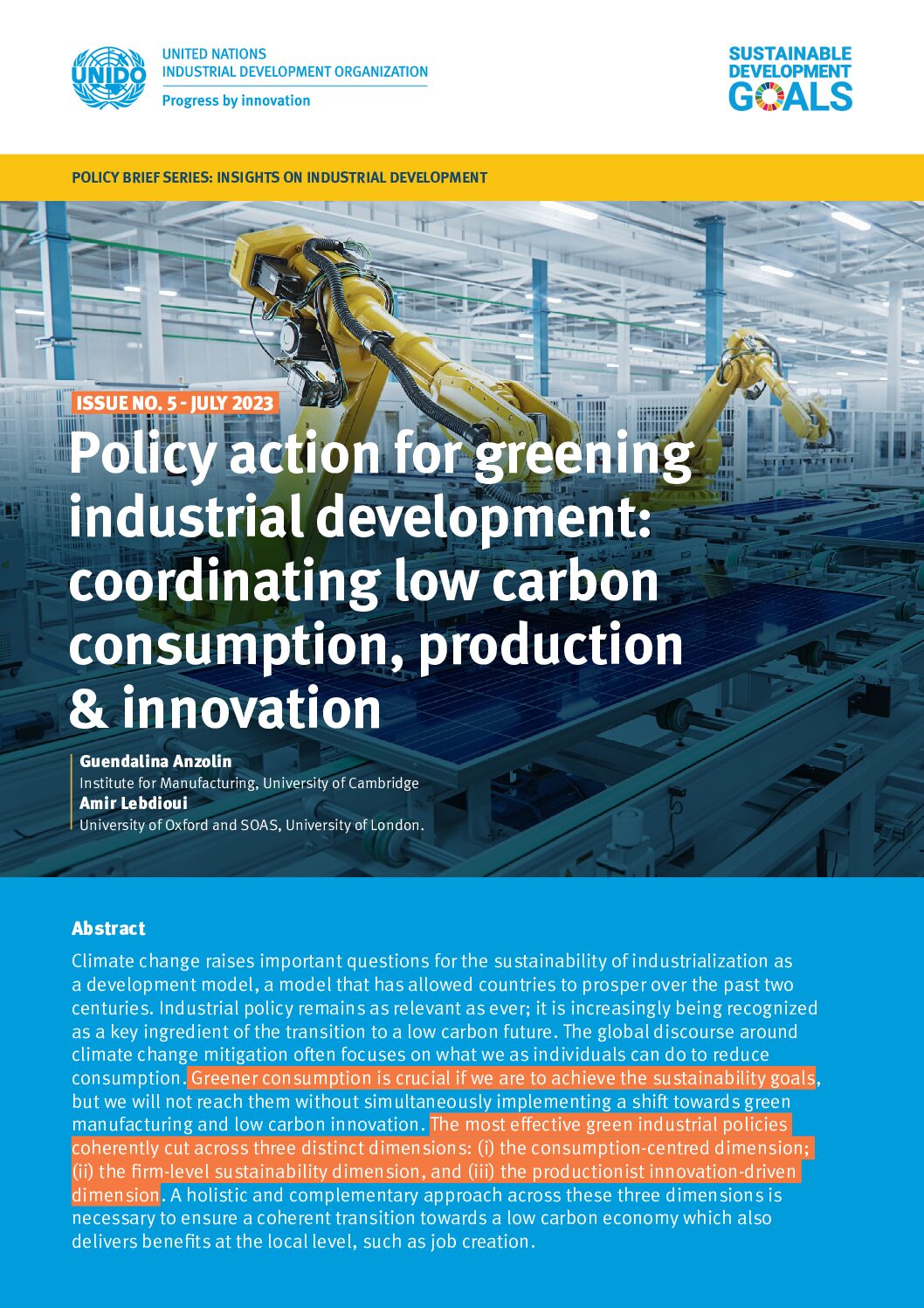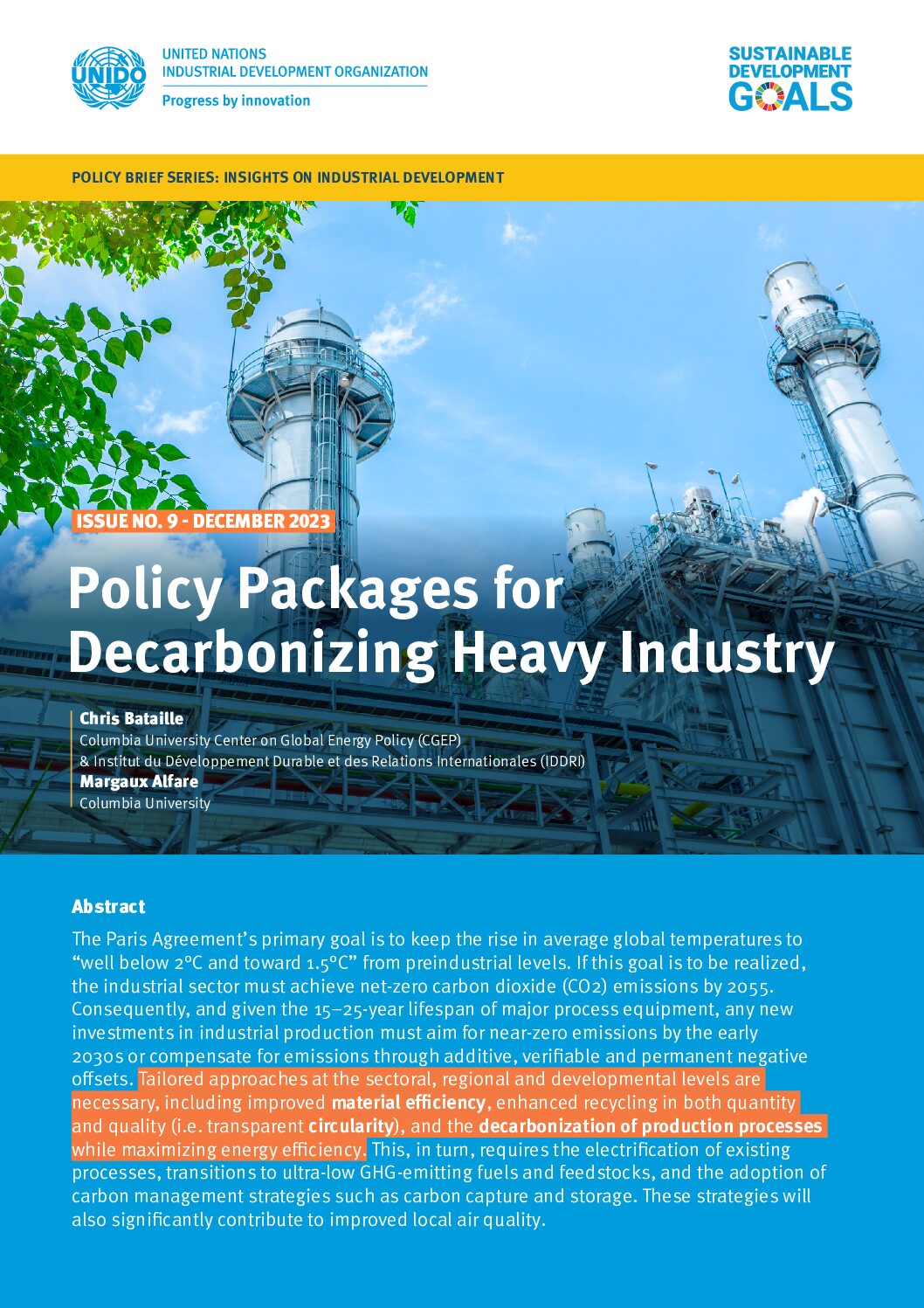Renewable Energy Generation and Infrastructure
-
Sector Coupling in Facilitating Integration of Variable Renewable Energy in Cities
This report highlights the importance of sector coupling as a key source of flexibility that cities can explore to stabilise power grid operations when integrating high shares of variable renewable energy sources. It presents a range of sector coupling opportunities available for use in cities, including self-consumption of variable RE sources, the role of thermal…
-
Call to Action: Gender Equality in the Renewable Energy Industry
This UN Women brief explains why and how gender equality should be promoted in the renewable energy industry.
-
Solar Portal
This web portal provides an extensive introduction into solar PV technology, policy, financing and more.
-
Bioenergy Portal
This web portal provides an extensive introduction into bioenergy technology, policy, financing and more.
-
Hydro Portal
This web portal provides an extensive introduction into hydropower technology, policy, financing and more.
-
The Critical Link: Empowering Utilities for the Energy Transition
This paper underscores the need for sustainable utilities to deliver the energy transition in lower- and middle-income countries, and provides recommendations to governments and other stakeholders.
-
Transforming Biomass Waste into Electricity
This article discusses the potential of heat and electricity co-generation from biomass waste to both expand energy access and improve waste management in rural areas.
-
Electricity Grids and Secure Energy Transitions
This report takes stock of the status of electricity grids around the world and examines the upgrades required to physical infrastructure and grid planning to facilitate the energy transition.
-
Green hydrogen for sustainable industrial development: A policy toolkit for developing countries
This report challenges the prevailing narrative that green hydrogen is primarily a product for export from renewable-rich and industry-poor countries; rather, it underscores green hydrogen’s potential as a catalyst for sustainable development within developing countries that can contribute to economic growth, environmental sustainability and social progress.
-
The Future is Circular: Circular Economy and Critical Minerals for the Green Transition
This report looks at the mineral demand for a net-zero emissions energy system, focusing on seven critical minerals and discussing the role of technological choices, circular economy strategies, and responsible mining in reducing the environmental impact of the transition.
-
Batteries and Secure Energy Transitions
This report brings together the latest data and information on batteries from around the world, including recent market developments and technological advances. It also offers insights and analysis on leading markets and key barriers to growth, and identifies synergies and potential bottlenecks across different sectors and parts of the supply chain.
-
Grid-scale Storage
This web page provides an overview of grid-scale energy storage, discussing the current status around the globe and providing recommendations for governments.
-
Tracking SDG 7: The energy progress report 2024
This annually published report provides information on progress towards the achievement of SDG 7: Access to affordable, reliable, sustainable and modern energy for all.
Energy Efficiency and Clean Cooking
-
Guidebook for project developers for preparing energy efficiency investments business plans
This guidebook helps project developers and investors to prepare bankable business plans for RE projects, particularly for power generation.
-
Energy efficiency
This web page provides an introduction to energy efficiency, as well as key data and recommendations.
-
Buildings
This web page highlights the role of buildings in the energy transition (heating, cooling, lighting, etc), and presents data and recommendations.
-
Global ESCO Network: Publication Database
This publication database provides a range of materials about the ESCO business model, on the following topics: Accounting; Business Models, Contracts & Project Development; Certification & Quality Assurance; Investment, Finance & Risk Management; Market Overview, including Cases studies; Measurement & Verification; Policies & legal and regulatory frameworks; Procurement; Super ESCOs; and Technologies
-
ESCO contracts
This web page describes different contract models that can be employed when working with ESCOs.
-
Fostering the Development of ESCO Markets for Energy Efficiency
This brief provides advice on kickstarting markets for ESCOs in low- and middle-income countries.
-
Breakthrough Agenda Report 2023
The Breakthrough Agenda Report 2023 is an annual collaboration between the International Energy Agency (IEA), the International Renewable Energy Agency (IRENA) and the United Nations Climate Change High-Level Champions. It takes stock of emissions reductions in key energy subsectors and focuses on supporting stronger international collaboration to drive faster reductions in global greenhouse gas emissions.
-
Practical Guide for Implementing an Energy Management System
The purpose of this Guide is to help organizations of all sizes, and in particular SMEs, to improve their energy performance in a logical, controlled and systematic way, thereby saving energy and reducing costs.
-
Energy Management System (EnMS) Guidebook for Local Authorities
The is a guide for local authorities interested in implementing an EnMS and steers them through a step-by-step approach to: know and understand the ISO 50001 methodology; build a working group within the local authority; define the local authority’s energy policy; correctly share roles and responsibilities among local authority staff; motivate and incentivize politicians and…
-
Improving Energy Efficiency in Buildings
This guidance note outlines how cities can tap into a wide array of proven technologies, policies, and financing mechanisms to improve energy efficiency and capture cost-effective energy savings in buildings.
-
Successful Distribution Models for Clean Cookstoves
This brief presents lessons learned from ten case studies on successful business models for clean cooking solutions.
-
The Clean Cooking Systems Strategy
This is an ecosystem-wide, global strategy for the achievement of access to clean cooking for all.
-
Achieving Universal Access and Net-Zero Emissions by 2050: A Global Roadmap for Just and Inclusive Clean Cooking Transition
This is a UN roadmap presenting different scenarios and pathways towards clean and net-zero cooking by 2050.
-
Energy audits procedure of buildings and multicriteria analysis
This slide deck provides step-by-step instructions for energy audits of buildings.
-
2023 Clean Cooking Industry Snapshot
The report aims to inform prospective and current financiers of the clean cooking sector, as well as enterprises both in the sector and adjacent to it, of investment and operational trends and the significant impact that carbon revenue is having on the sector.
-
Balancing opportunity and risk: Harnessing carbon markets to expand clean cooking
This blog assesses the opportunities of carbon finance to fill financing gaps for clean cooking, and highlights the integrity, reputational and regulatory risks associated with the sale of carbon credits.
-
Behavioural change promotion toward cleaner cooking solutions
This report provides background information and guidance on the types of behavioural changes needed to advance access to clean cooking, and ways to promote these changes.
-
Strengthening Supply Chains: A Handbook for Cooking Fuel Enterprises
This handbook focuses on the following supply chain challenges in clean cooking: reorienting business model priorities, modeling available supply, prioritizing new markets, and assessing value chain sustainability.
-
MECS Gender Framework
This page presents all relevant materials for the adoption of a multi-dimensional framework to assess and monitor gender equality, equity and women’s empowerment in modern energy cooking services (MECS).
Productive Use of Energy and E-Mobility
-
International baseline report: E-Mobility as a Driver for Change: Towards a gender transformative and just transition to electric mobility
This international baseline study sets out the current state-of-the-art on the introduction of EMobility and identifies potential entry points for women to benefit and become more involved in this transition.
-
Sector Coupling in Facilitating Integration of Variable Renewable Energy in Cities
This report highlights the importance of sector coupling as a key source of flexibility that cities can explore to stabilise power grid operations when integrating high shares of variable renewable energy sources. It presents a range of sector coupling opportunities available for use in cities, including self-consumption of variable RE sources, the role of thermal…
-
e-Mobility Toolbox – Supporting the Shift to Electric Mobility
The e-Mobility Toolbox is an online information portal to support development, implementation and monitoring of innovative electric mobility solutions.
-
Promoting Mobility Behaviour Change: Practical guidance for inspiring more walking, cycling and public transport and minimising car use
This publication provides templates to support any city authority, business, institution or charity that wishes to effect a positive change in mobility behaviour.
-
Caja de Herramientas para el Análisis del Nexo entre Agua, Energía y Alimentos
This toolkit presents a glossary and a list of useful resources on the water-energy-food nexus.
-
Introduction to Sustainable Public Transport Solutions in Latin America and the Caribbean (LAC) and Asia
This report first offers an overview of urban mobility challenges in LAC and Asia, then presents the Big Push for Sustainability Framework directed towards achieving sustainable urban mobility and its economic, social and environmental benefits. The third section identifies important concepts in urban mobility that van support the three selected transit solutions.
-
Roadmap for the Integration of Sustainable Energy and Transport in Small Islands
This report highlights the economic, social and environmental benefits that energy and transport sector-coupling and a transition towards EV- and RE-based, efficient systems can create in small island settings, and provides tools for the planning of such a transition.
-
Powering the Future of Transportation: Creating an Ethical, Sustainable Battery Supply Chain
This paper focuses on strategies, policies, and programs that industry and government can develop to ensure that supply chains for EVs and their batteries are secure, circular, and reduce the need for mining virgin minerals, thus reducing adverse impacts on the planet and its people.
-
Innovation landscape for smart electrification
This database presents the current status, policy barriers, and key innovations for electrification of mobility, heating and cooling, and hydrogen production.
-
Global Fuel Economy Initiative: Policies
This page explores the best practice regulatory, fiscal and economic instruments available today to encourage a more efficient/electric vehicle stock.
-
ETP Clean Energy Technology Guide
This is an interactive database of nearly 600 individual technology designs and components across the whole energy system that contribute to achieving the goal of net-zero emissions
-
Sustainable Energy Solutions Catalogue
The Sustainable Energy Solutions Catalogue contains a series of briefs to help stakeholders plan, fund and implement projects related to: sustainable e-mobility, productive use of solar energy, second-life lithium-ion batteries, climate proofing sustainable energy solutions, solar mini-grids, the water-energy-food nexus, circularity and sustainable energy, clean cooking, energy efficiency, and e-waste from off-grid solar solutions.
Finance
-
IMFx: Energy Subsidy Reform
A course on energy subsidies, their costs, and the design of a successful reform based on country case studies.
-
Local Governments Climate Finance Instruments: Global Experiences and Prospects in Developing Countries
This report aims to help local governments understand various financing instruments and sources available to them to meet climate investment needs.
-
Blended Finance and the Gender-Energy Nexus: A Stocktaking Report
This report presents key data trends in gender-responsive blended finance, examines five good-practice gender-responsive blended climate finance vehicles, and highlights key challenges and recommendations.
-
Financing Clean Energy Transitions in Emerging and Developing Economies
This report draws on nearly 50 case studies, on different energy transition-related sectors and issues and from all over the world, to distill recommendations for priority actions to get more investment flowing to under-served areas.
-
Understanding Power Project Procurement
This handbook is provides an overview of the mechanisms and strategy behind successful Power Project Procurements, and provides advice for both governments and the private sector on ways to cooperate succesfully.
-
A Just and Inclusive Energy Transition in Emerging Markets and Developing Economies: Energy Planning, Financing, Sustainable Fuels and Social Dimensions
This report explores ways to identify and mitigate energy transition investment risks in the low- and middle-income countries, pointing out 1) that better energy planning can attract greater investment in renewable energy, 2) that sustainable fuels will play an important role in delivering the energy transition, and 3) that the social dimensions of the transition…
-
OECD blended finance guidance for clean energy
This paper shares lessons for donors, policymakers in beneficiary governments, and financial institutions on whether and how best to deploy blended finance in the clean energy sector.
-
Carbon Pricing for Energy Transition and Decarbonization
This study offers insights on how well-designed carbon pricing instruments can play a role in accelerating efforts toward energy transition and decarbonization.
-
Green Bond Handbook: A Step-by-Step Guide to Issuing a Green Bond
This guide provides step-by-step instructions for the issuance of green bonds
-
Financing Renewable Energy: Options for Developing Financing Instruments Using Public Funds
This paper assists policy makers in low-income countries to develop and apply financing instruments (funded from public and concessionary sources) to scale up the deployment of renewable energy technologies.
-
Investment Policies for the Energy Transition: Incentives and Disincentives
This edition of the Investment Policy Monitor assesses the global landscape of fossil fuel subsidies and promotion of investment in the energy transition.
-
Preparing Your Project Proposal
This web page provides a detailed overview of the key elements of a renewable energy business plan/project proposal.
-
Unlocking Renewable Energy Investment: The role of risk mitigation and structured finance
This report identifies the main risks and barriers limiting investment in the energy transition, supplying a toolkit for policy makers, public and private investors, and public finance institutions to scale up their investments in renewable energy.
-
Derisking Interconnected Solar Mini-grid Investments in Nigeria: A framework to support policymakers in selecting public instruments for the promotion of private financing
This report identifies and analyses key risks and barriers to private-sector investment in interconnected mini-grids in Nigeria, and evaluates policy and financial instruments designed to address them.
-
Guide to Financing for Sustainable Energy Projects
This guide provides an overview of aspects to consider in the development and financing of a renewable energy project, both for public of private promoters and investors. English: https://www.ecoserveis.net/wp-content/uploads/2021/05/Guide-to-Financing-of-Sustainable-Energy-Projects-2nd-edition.pdf Spanish: https://www.ecoserveis.net/wp-content/uploads/2019/04/guia-para-la-financiacion-de-proyectos-de-energia-sostenible-2a-edicion.pdf
-
Incorporating Energy Service Companies in Nationally Determined Contributions; The potential of ESCOs for meeting the climate goals in the Paris Agreement
This report provides perspectives on the potential role of ESCOs in developing and implementing ambitious NDCs.
-
Scaling up Private Finance for Clean Energy in Emerging and Developing Countries
This report aims to quantify the investments required to build modern, clean energy systems and identify the policy actions and financial instruments that can deliver a major acceleration in private capital flows for the energy transition.
Policy and Regulation
-
Blueprint Guide for Creating Gender-sensitive Energy Policies
This report provides concrete instructions on how to develop a gender-sensitive energy policy.
-
Empowering people to act: How awareness and behaviour campaigns can enable citizens to save energy during and beyond today’s energy crisis
This web page gives advice on public advocacy for energy efficiency, focusing on four concepts: Getting the message right; Getting the message across; Combining information with behavioural insights; and Campaigns for a crisis context.
-
Innovative Governance for Private Sector in Just Energy Transition
This report explores how governments can catalyze the private sector’s role in ensuring a sustainable and just energy transition.
-
Digitalisation
This page explains the role of digitalisation in energy transitions, tracks digitalisation progress, and provides policy recommendations.
-
International Standardisation in the Field of Renewable Energy
This study assesses the landscape of standards for renewable energy technologies and identifies gaps, with a focus on international standardisation.
-
Sustainable development through climate leadership – Opportunities for LDCs in the transition to renewable energy
This briefing identifies sustainable development co-benefits that LDCs can unlock by adopting a leadership position in international climate action.
-
Energy Rating Labels and Potential for Energy Savings Across the Global South
This brief explains the potential of energy performance standards and appliance labels to advance energy efficiency in the Global South.
-
100% renewable energy scenarios: Supporting ambitious policy targets
This report sketches three potentially feasible scenarios for systems based on 100% renewable energy, identifies challenges and opportunities, and provides policy recommendations.
-
How to create a roadmap for your city’s renewable energy transition
This guide explains how cities can develop energy transition roadmaps that can create platforms for collaboration with other stakeholders and attract investment.
-
Planning for a Net-Zero Future: Guidance on how to develop a Long-Term Low Emission Development Startegy (LT-LEDS)
This document offers practical and concise, step-by-step guidance on designing Long-Term Low Emission Development Strategies (LT-LEDS).
-
Policy action for greening industrial development: coordinating low carbon consumption, production & innovation
This brief describes the balance required in effective green industrial policies across three dimensions: consumption-centred, production-centred, and innovation.
-
Policy Packages for Decarbonizing Heavy Industry
This brief describes policy options for the decarbonisation of heavy industry, both for improved material efficiency and for electrification.


